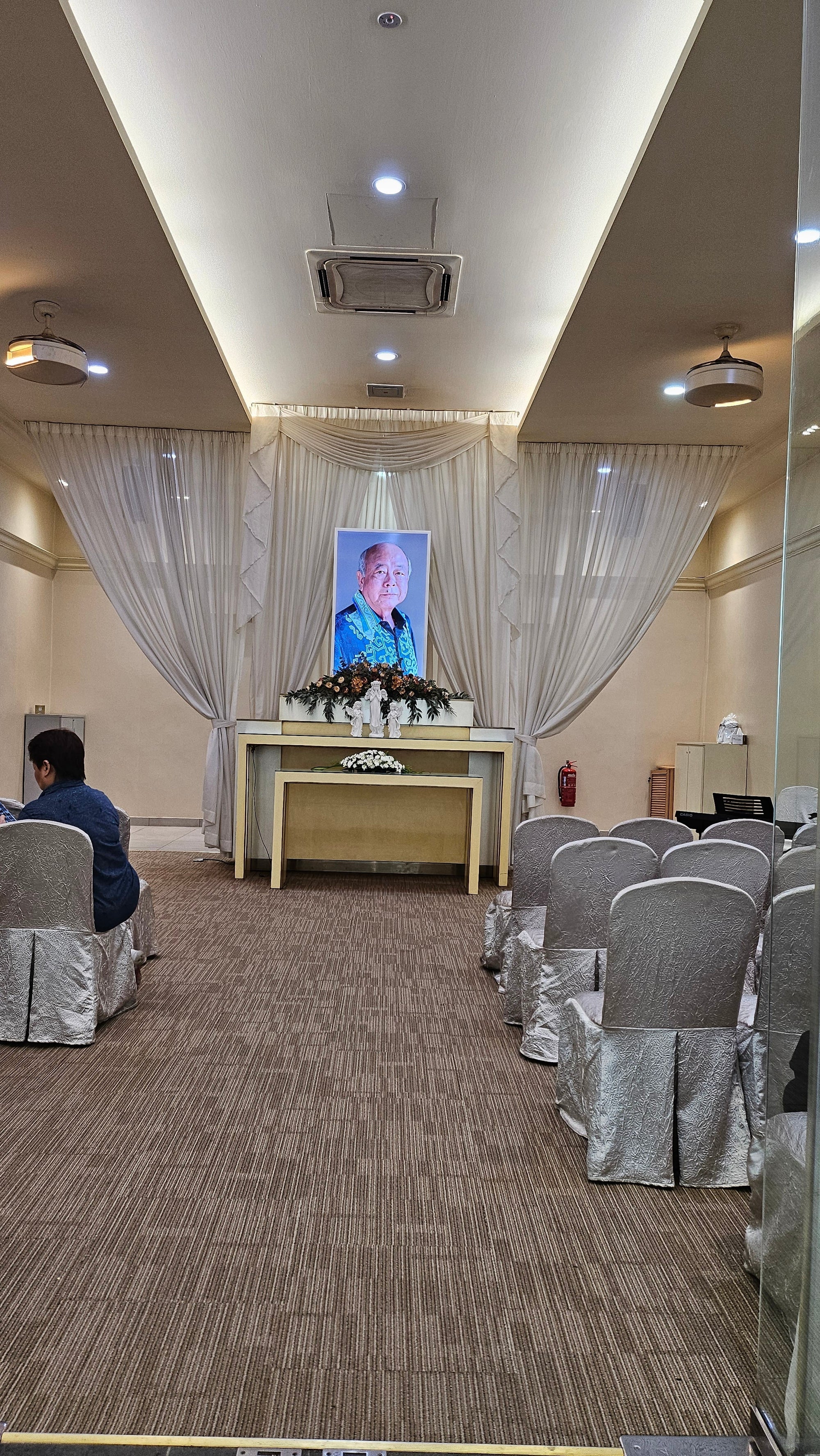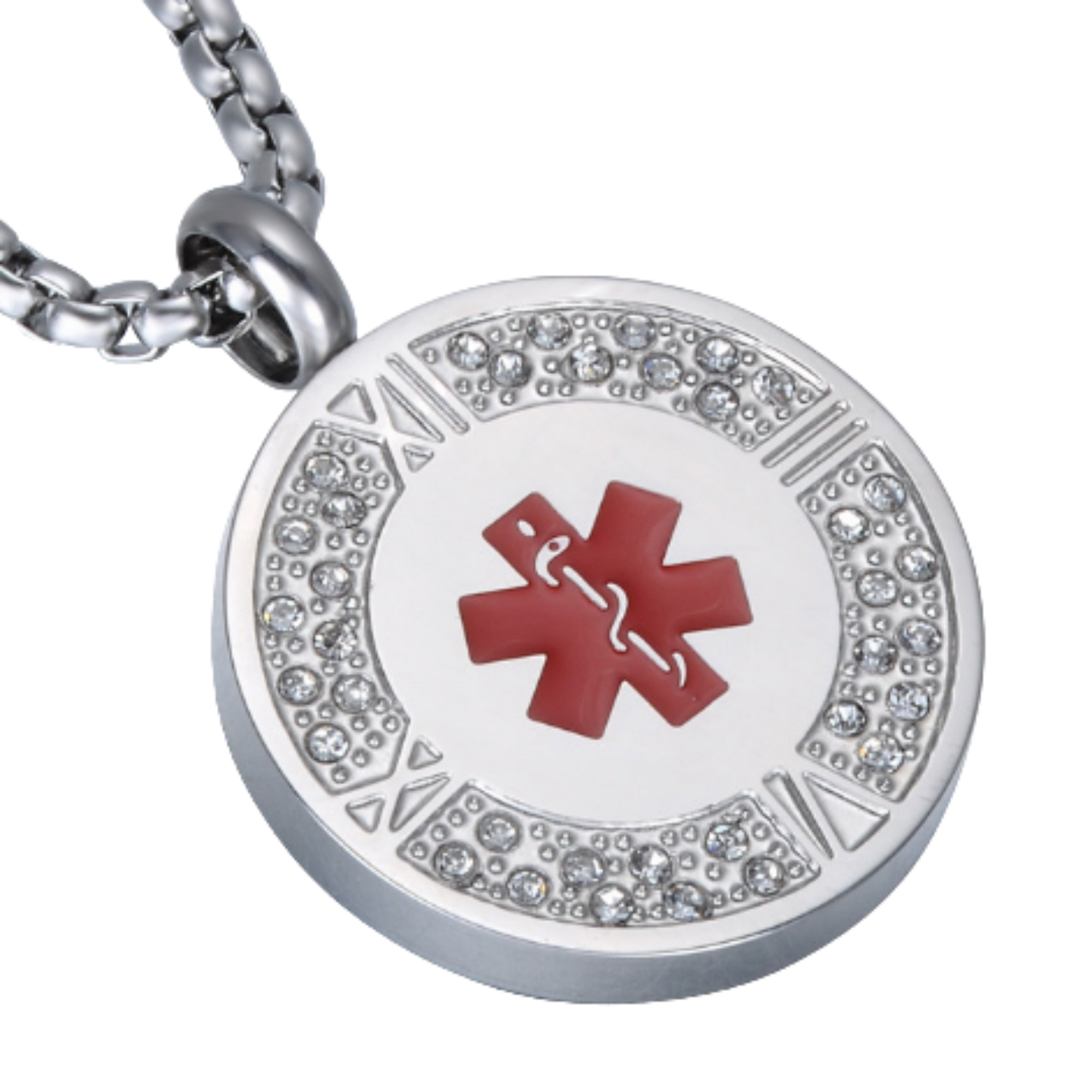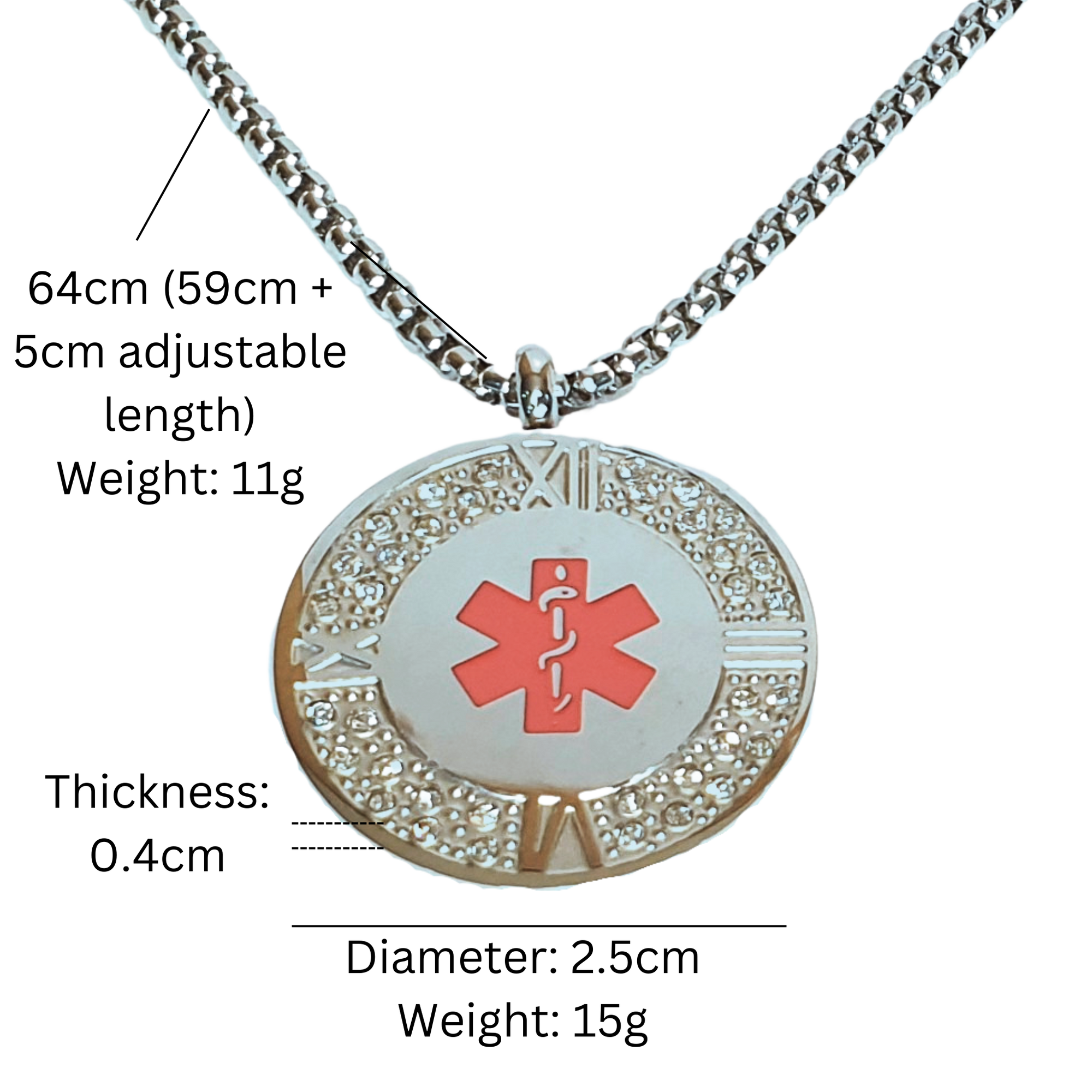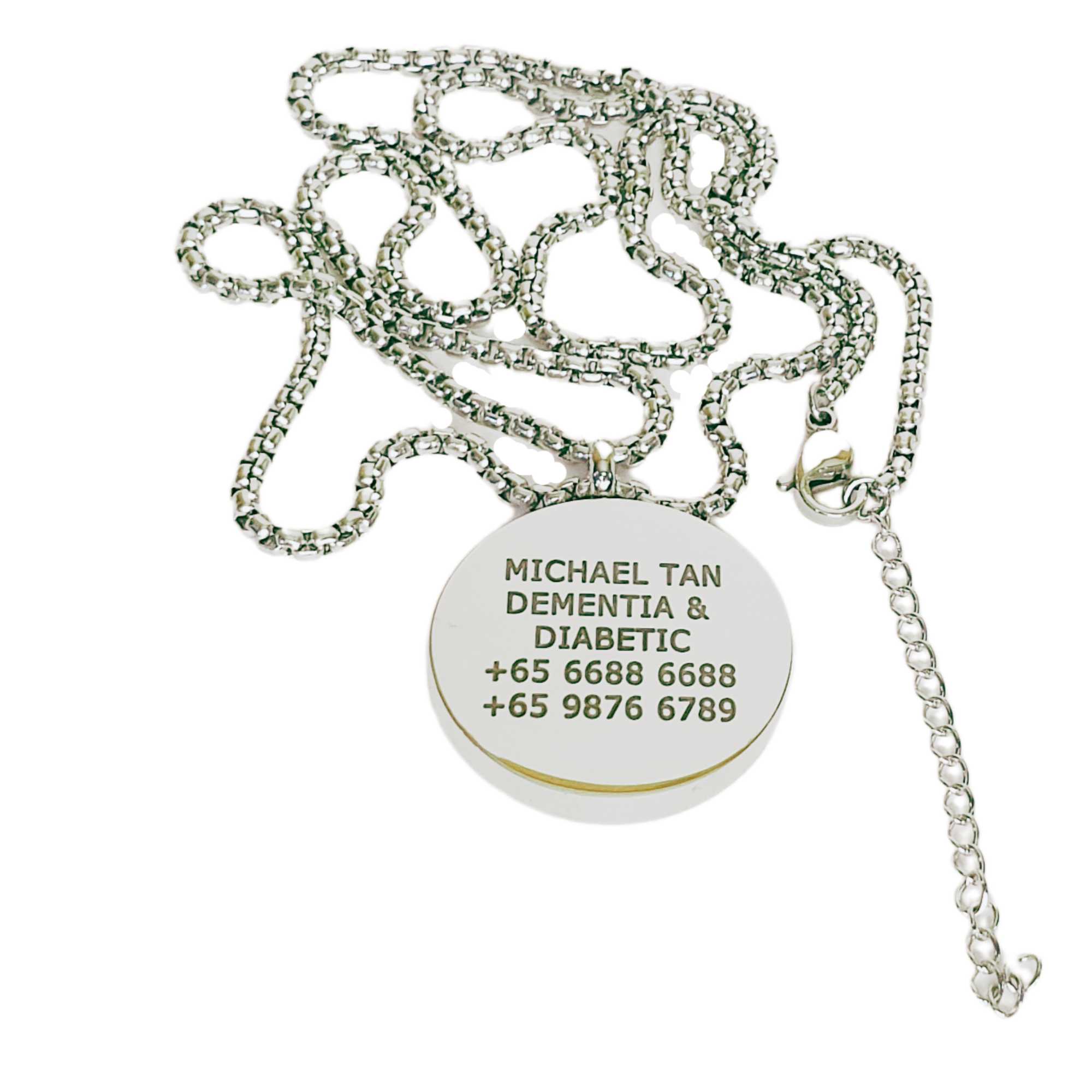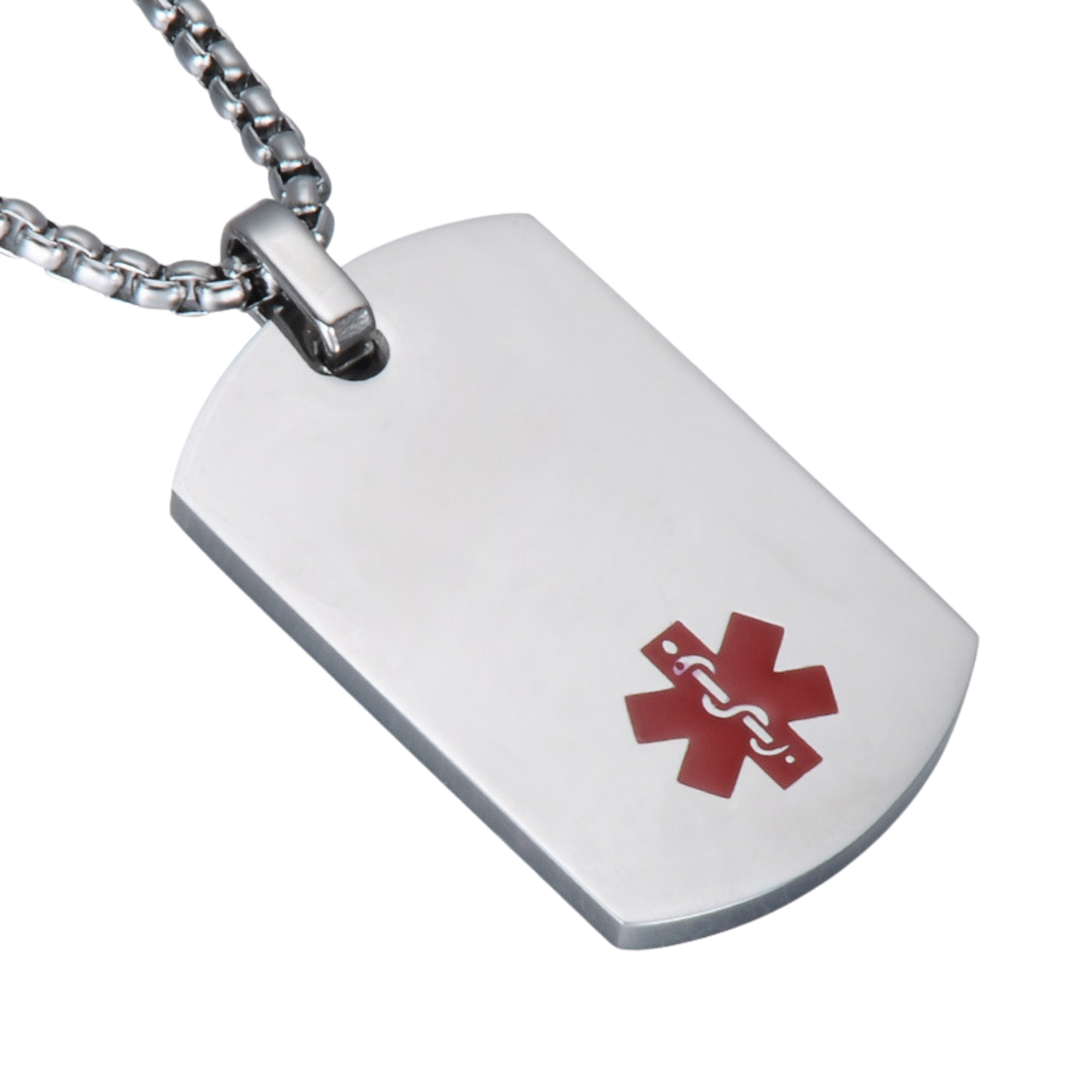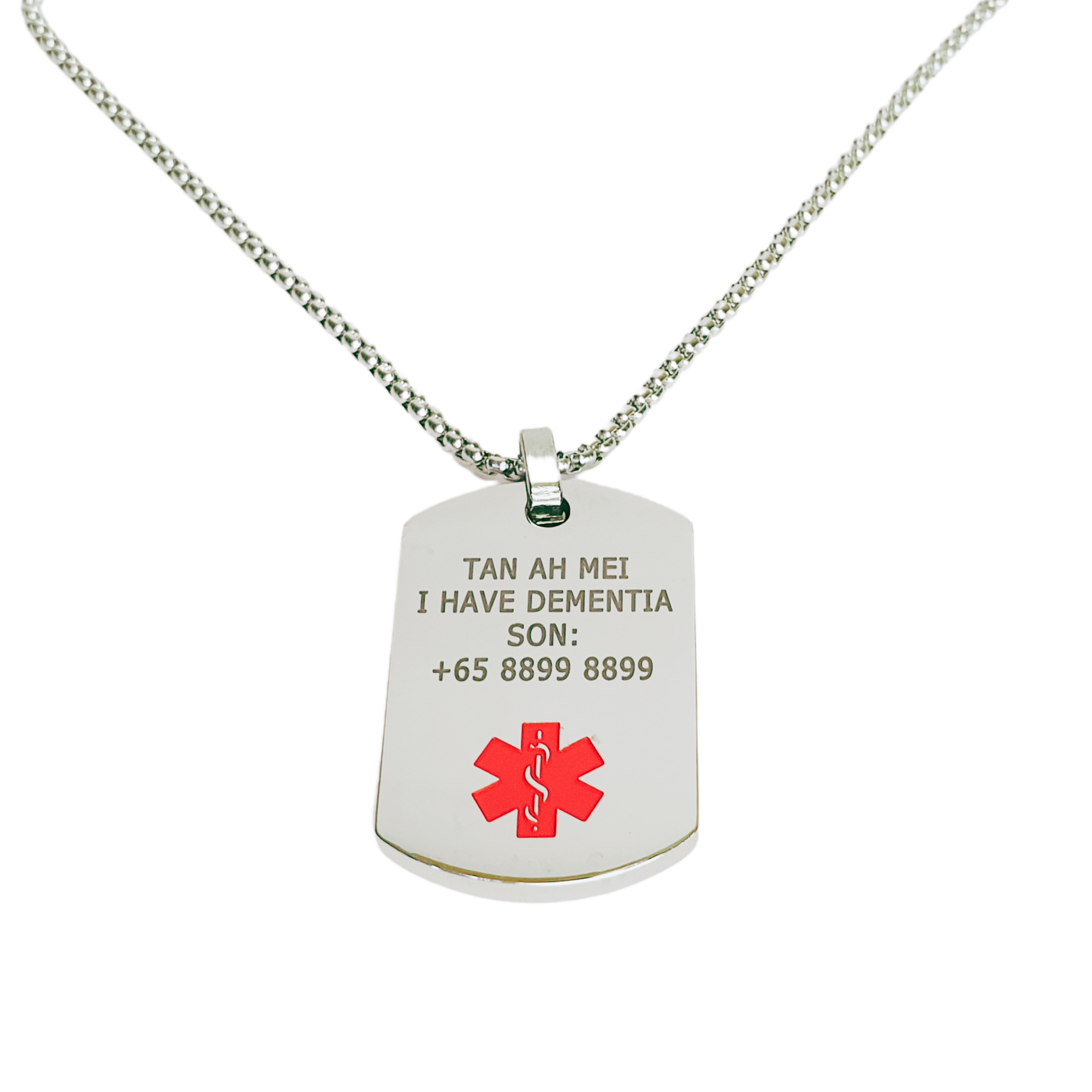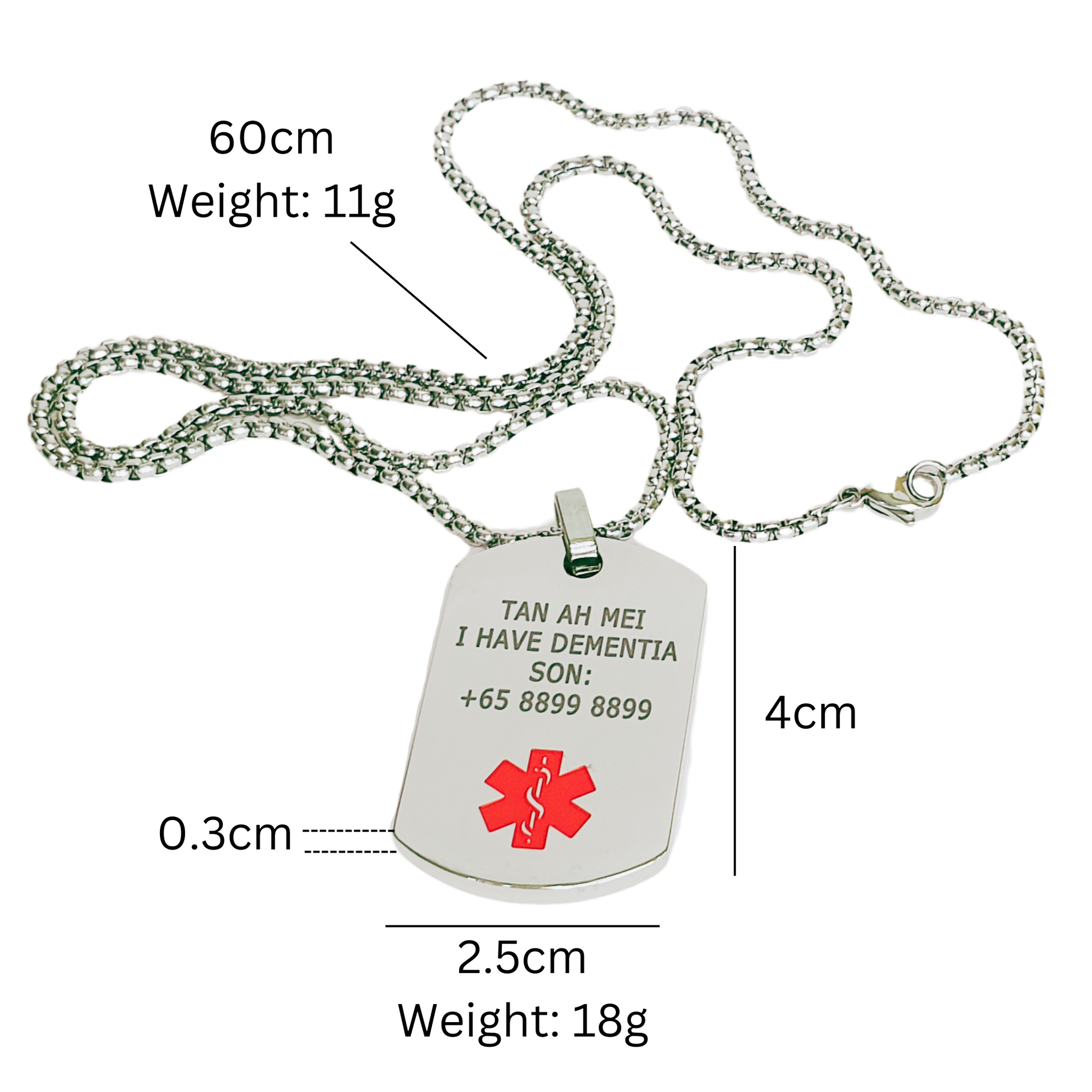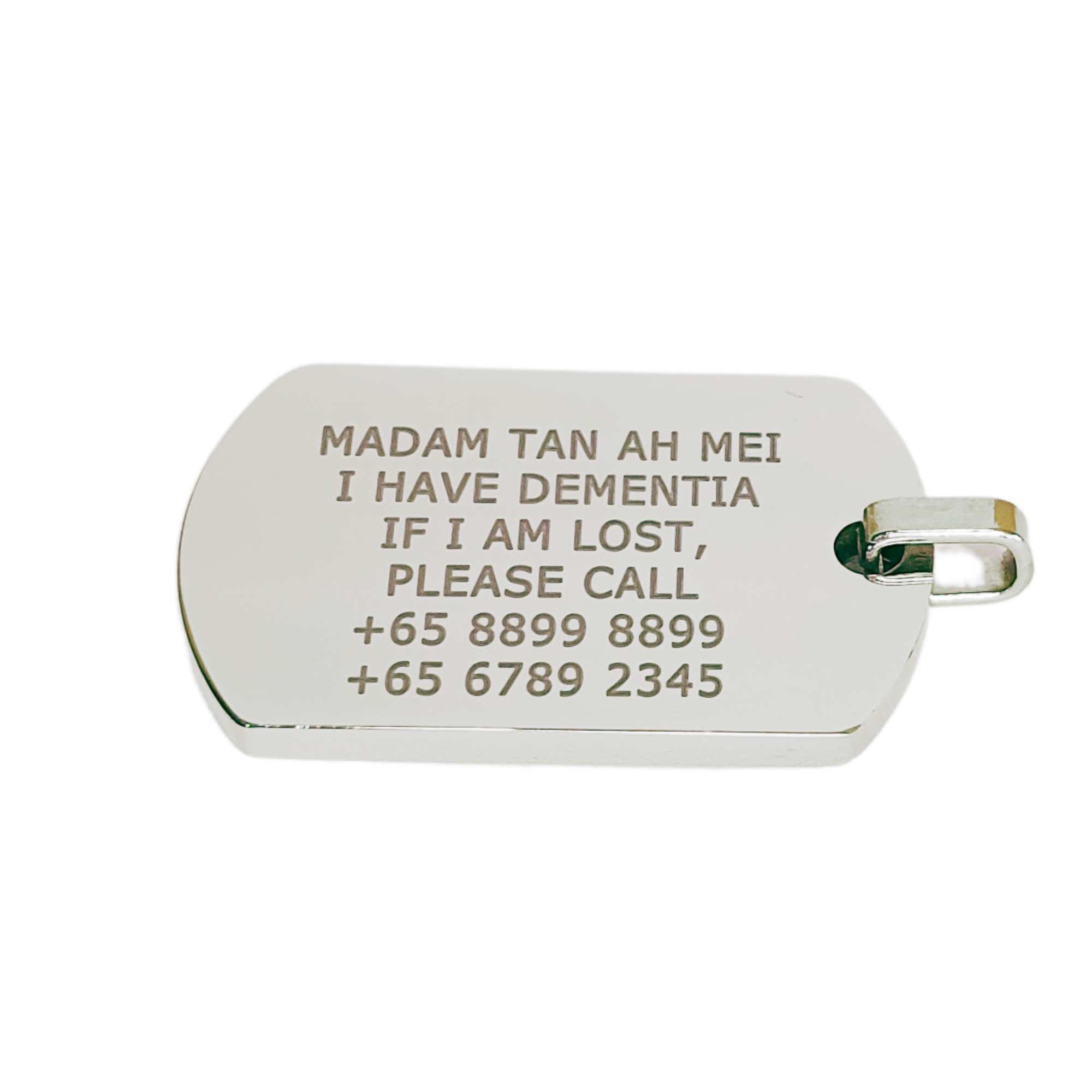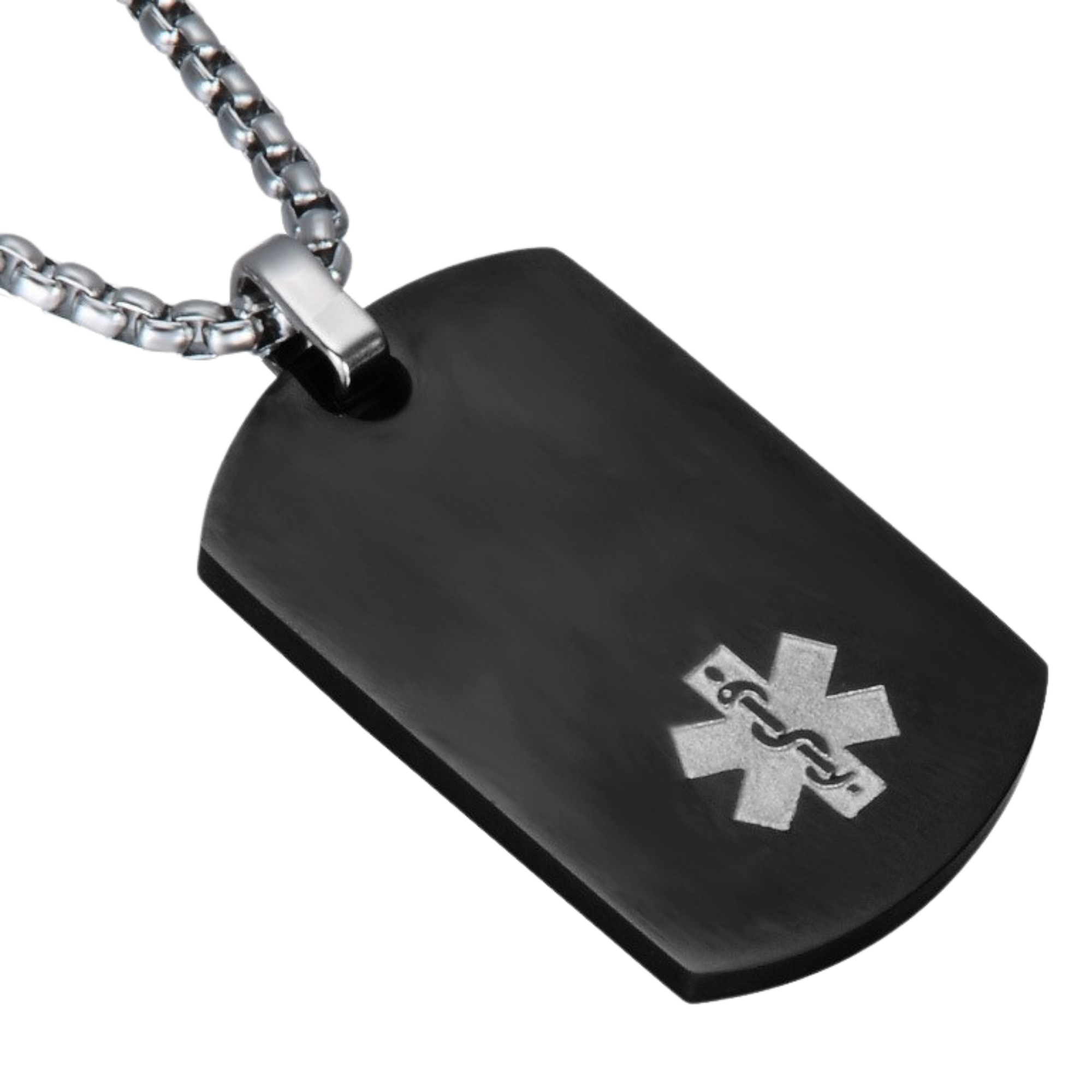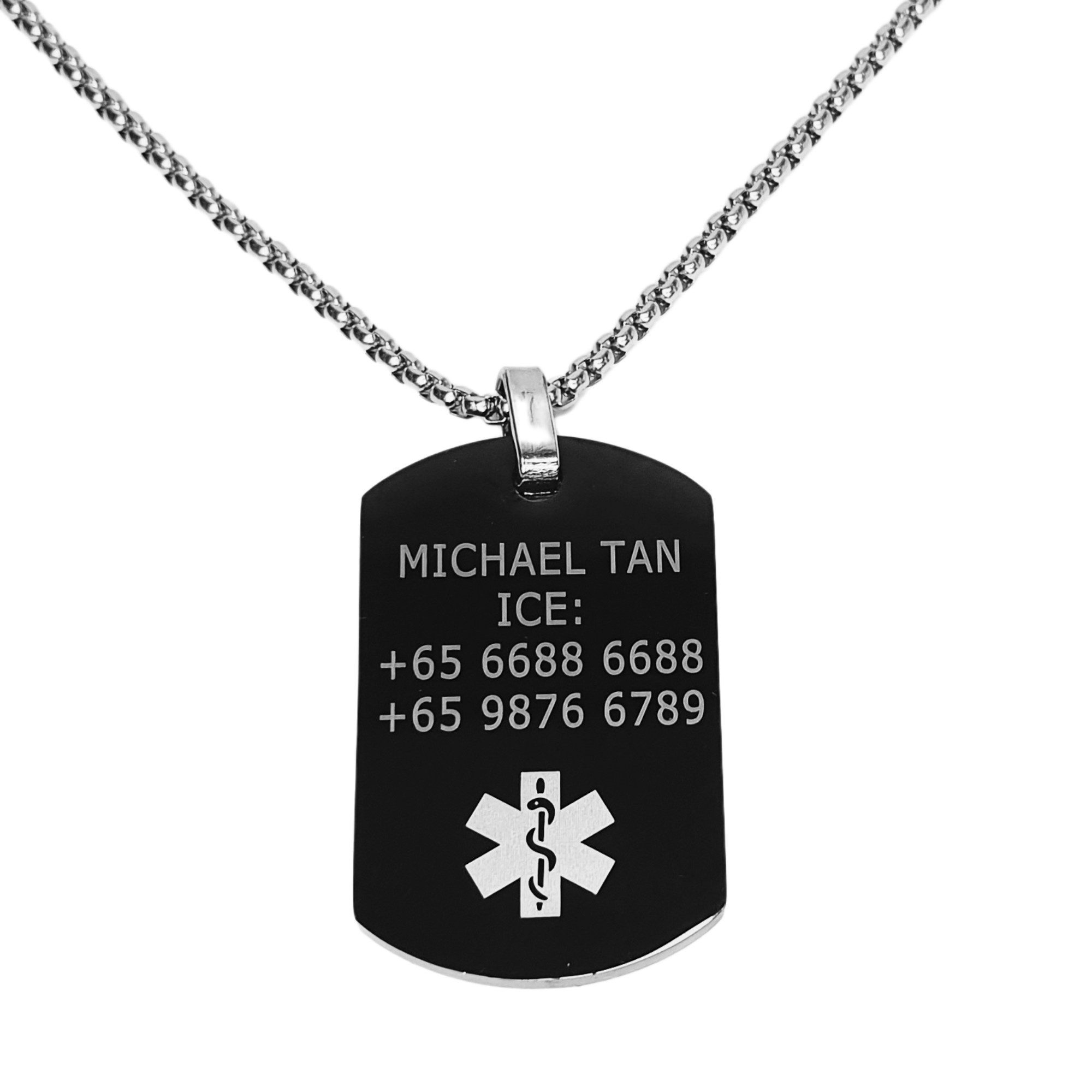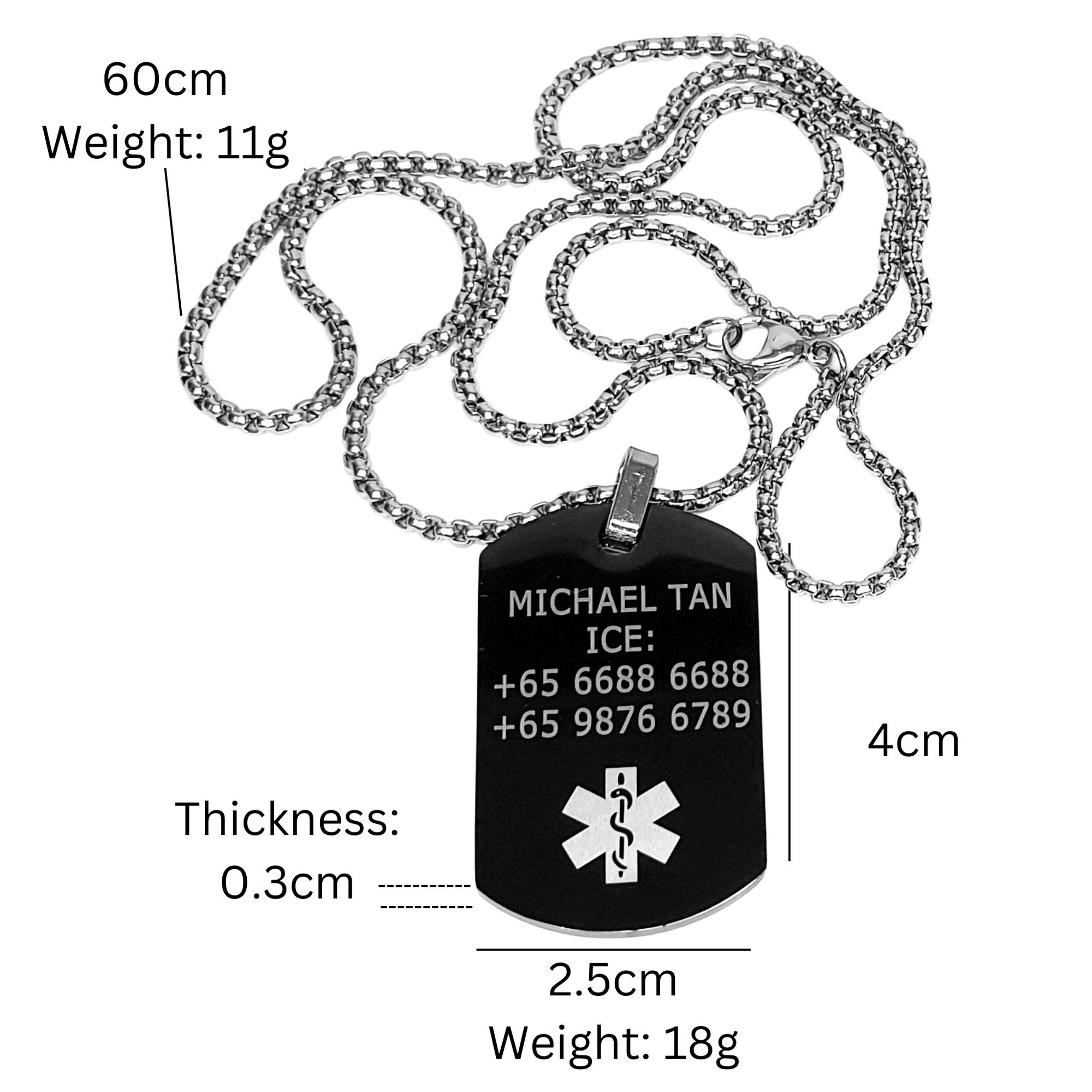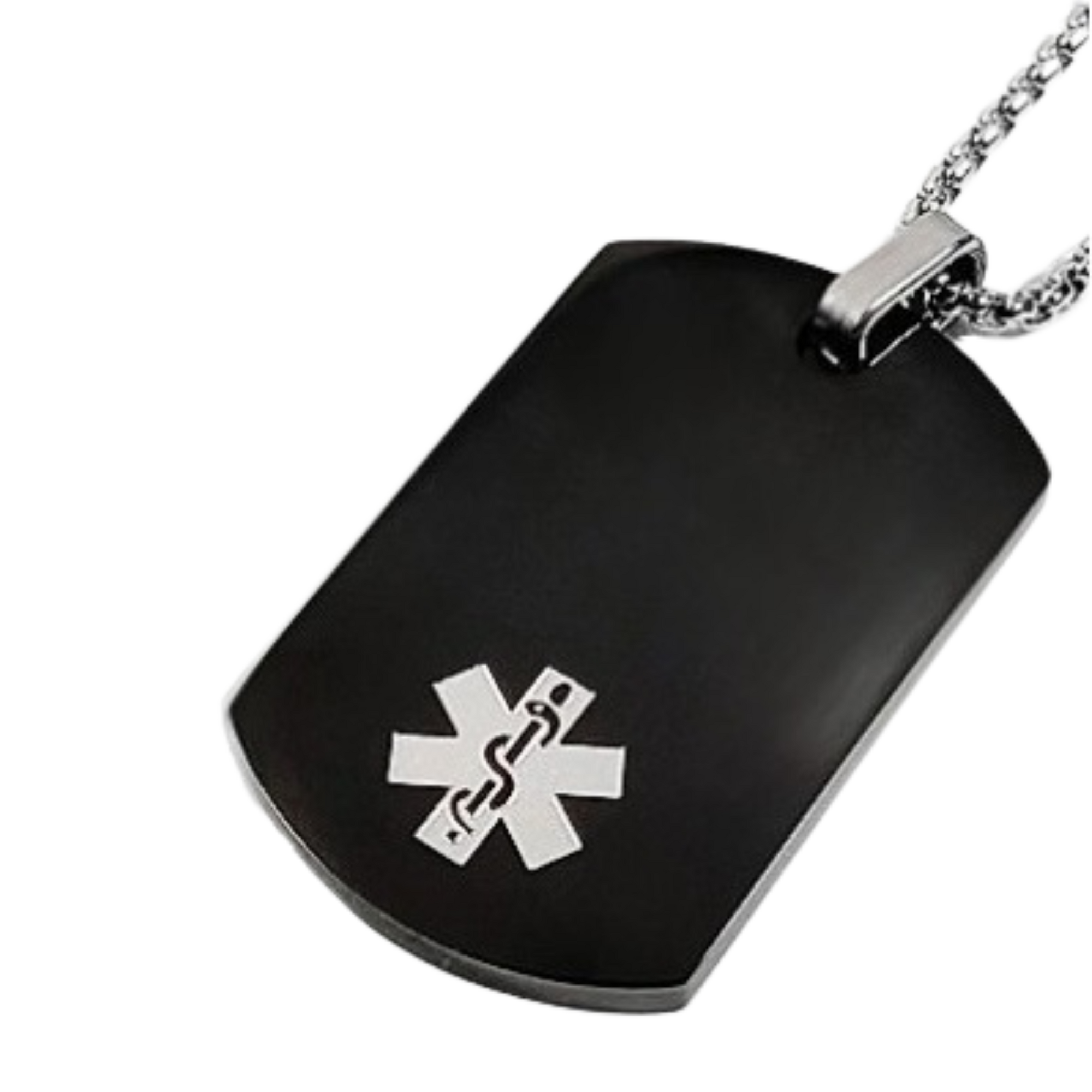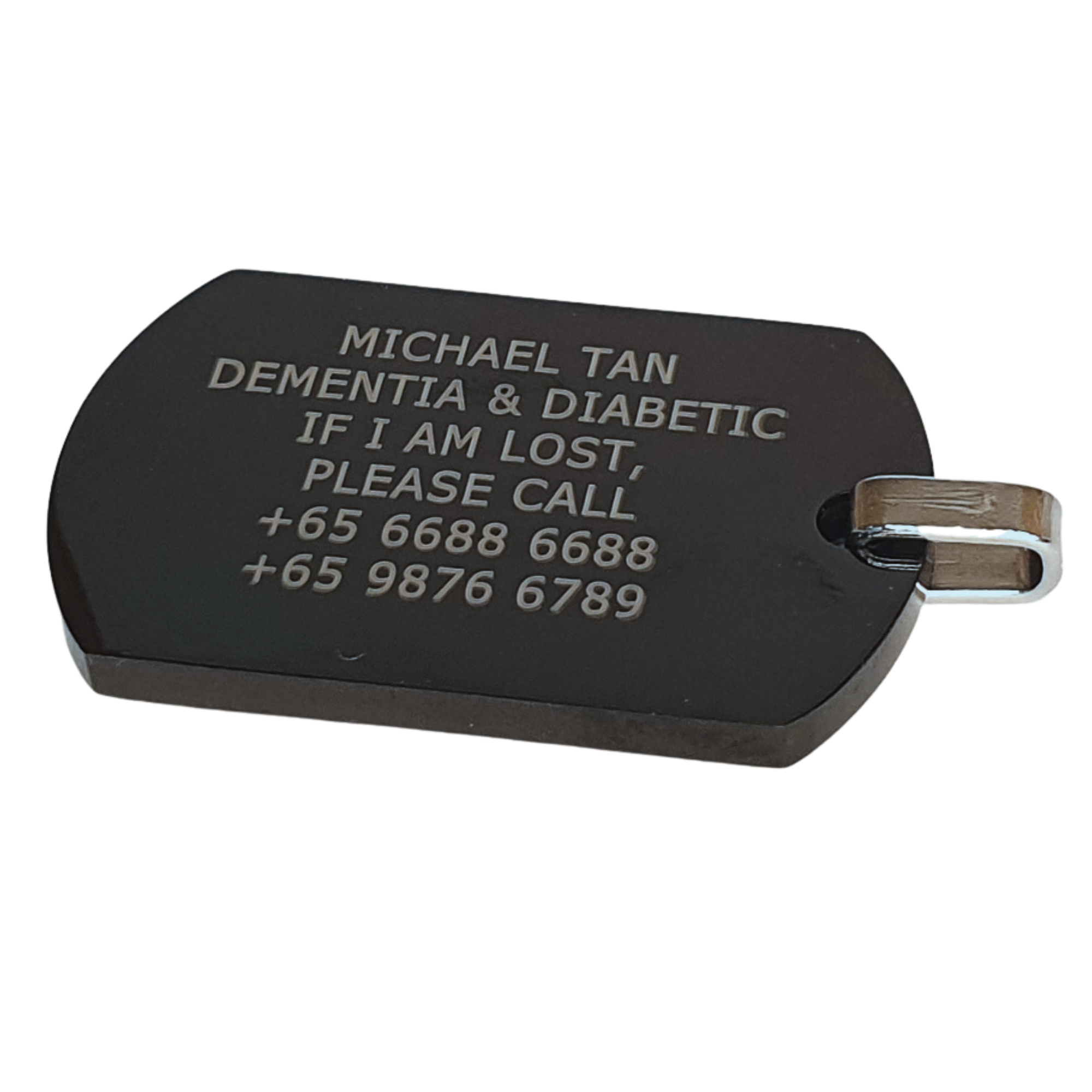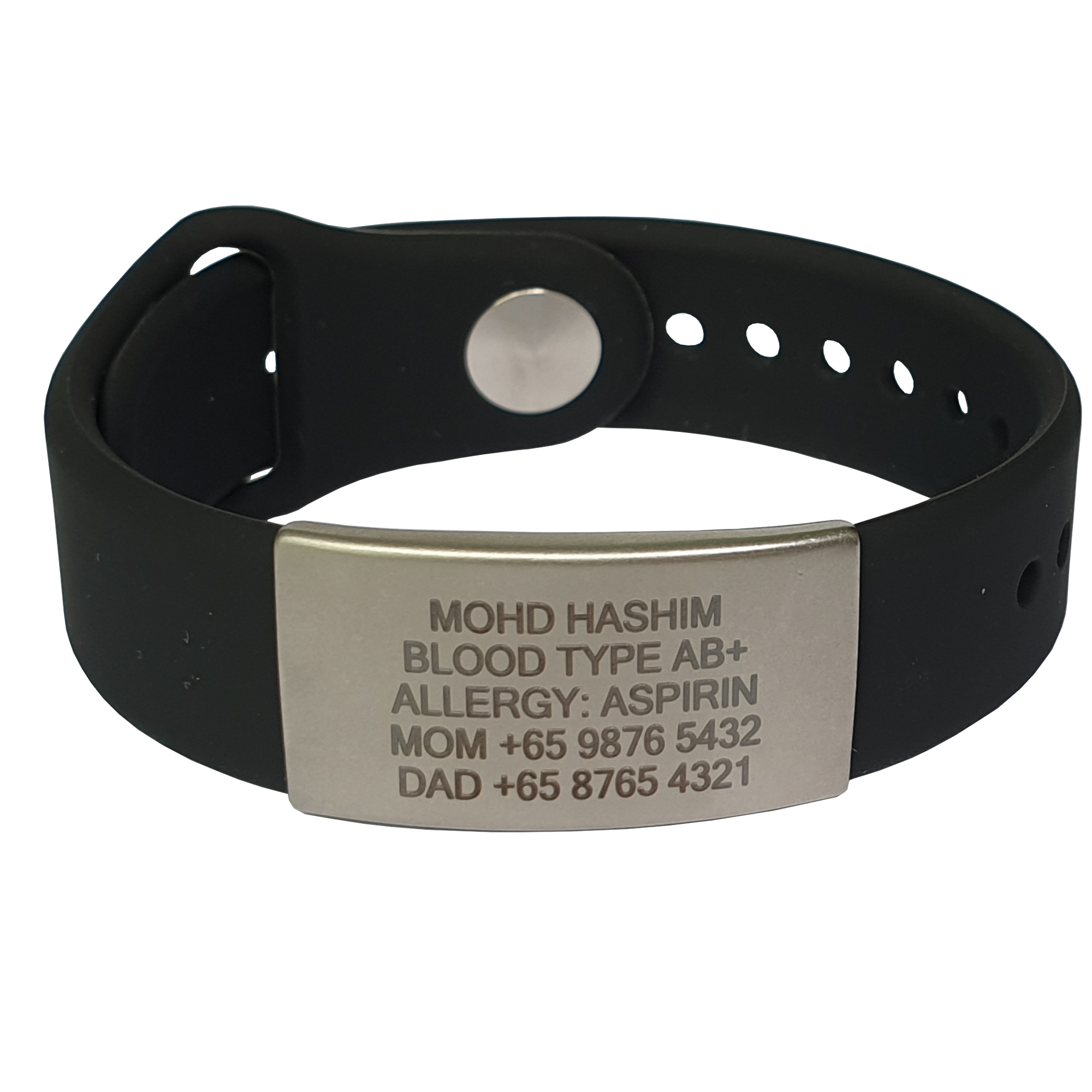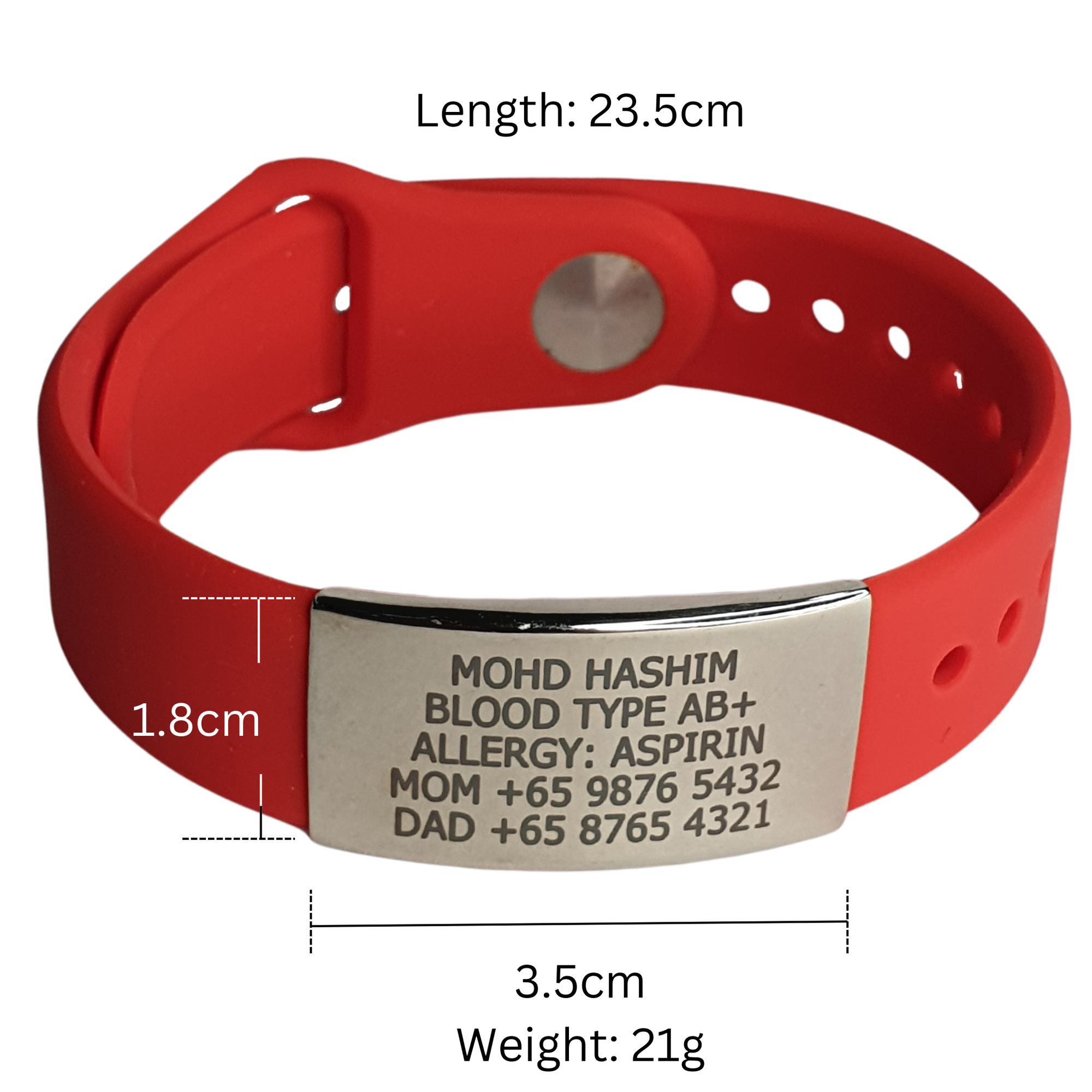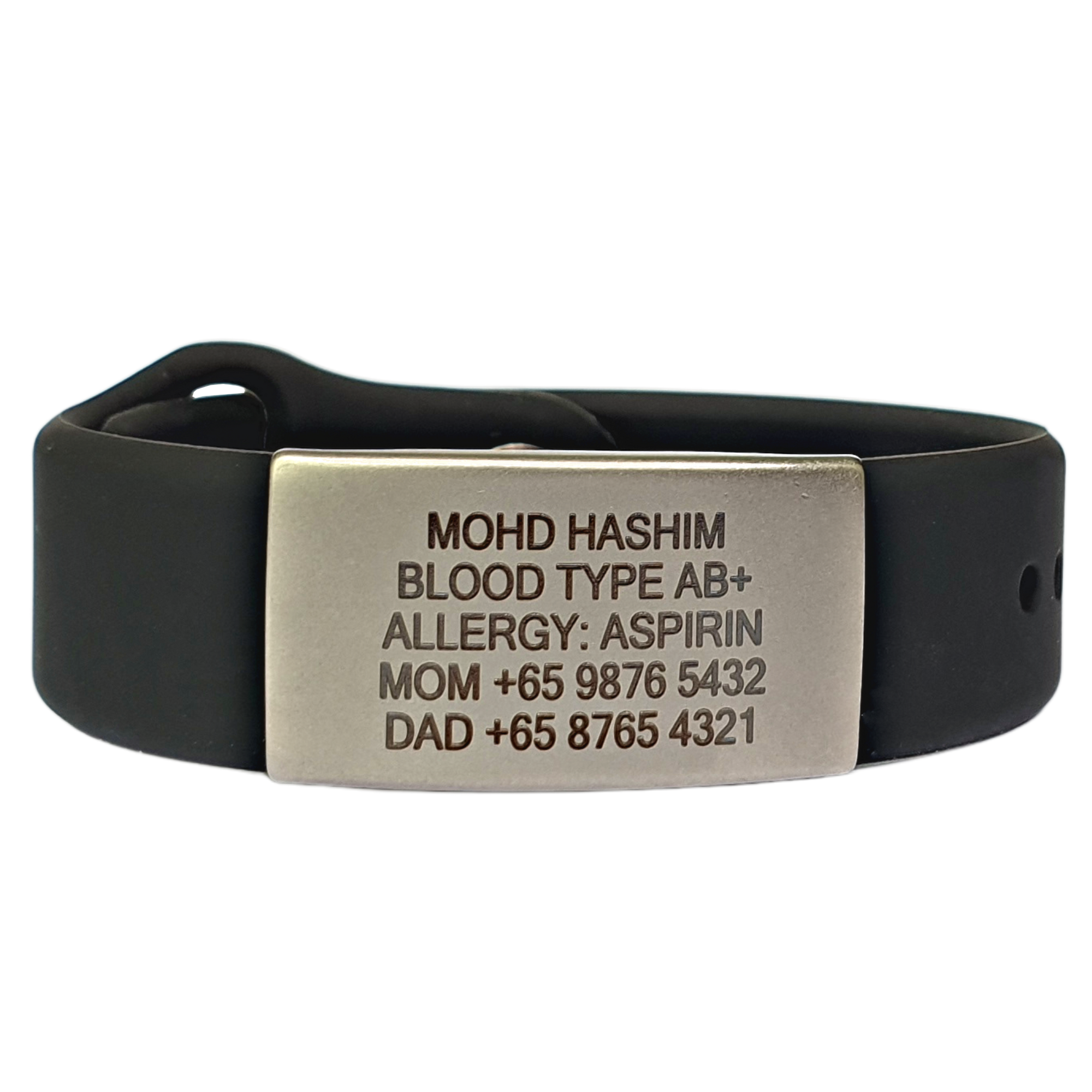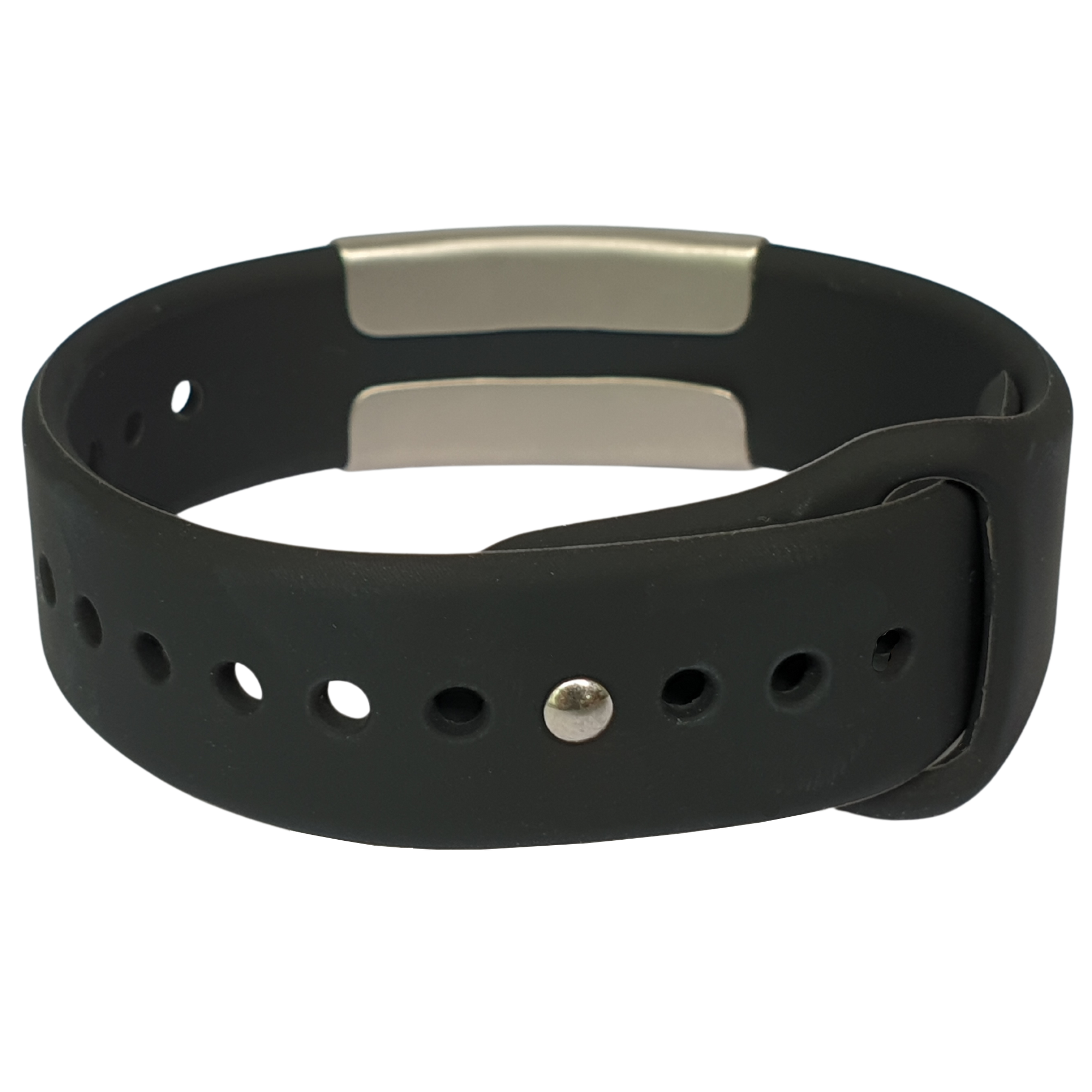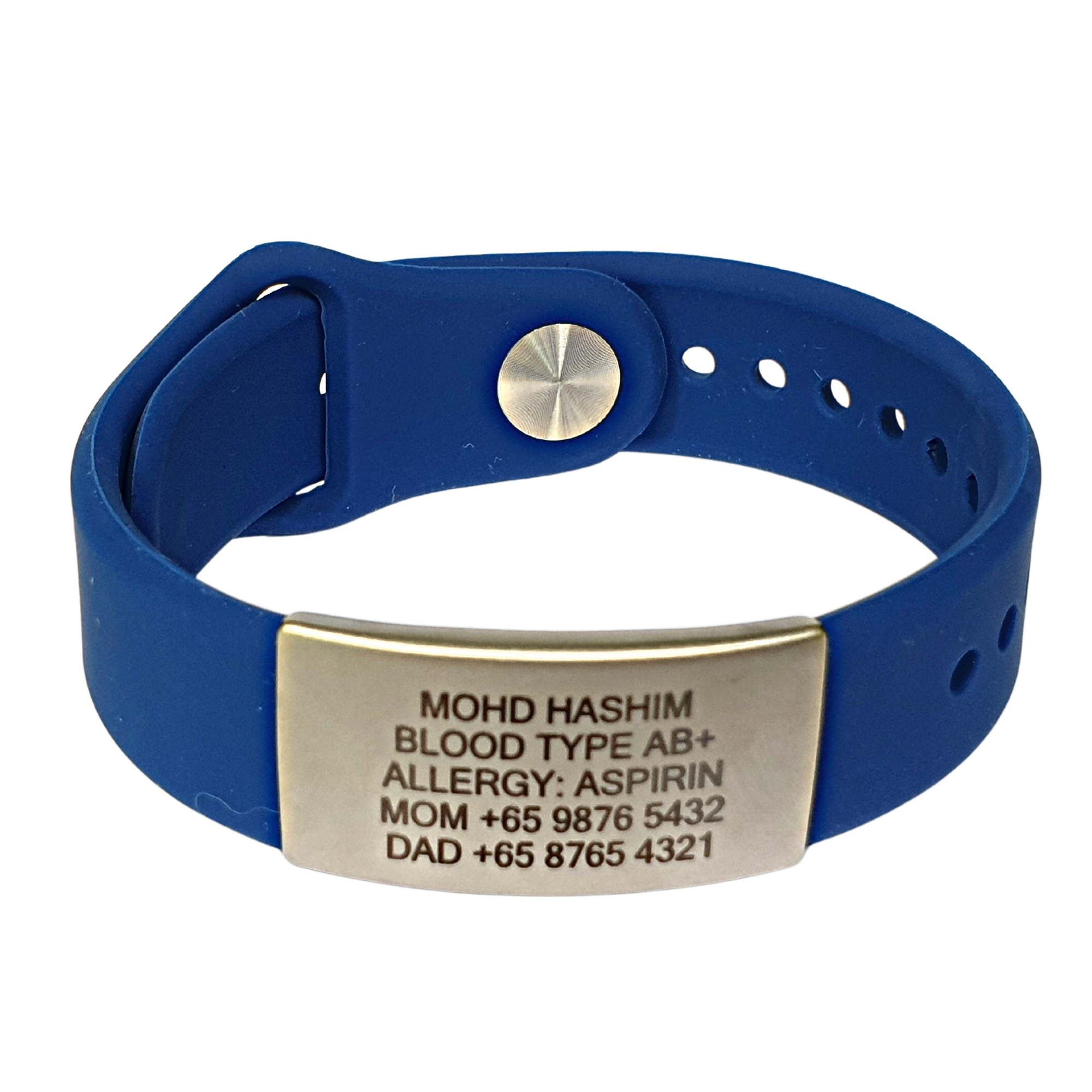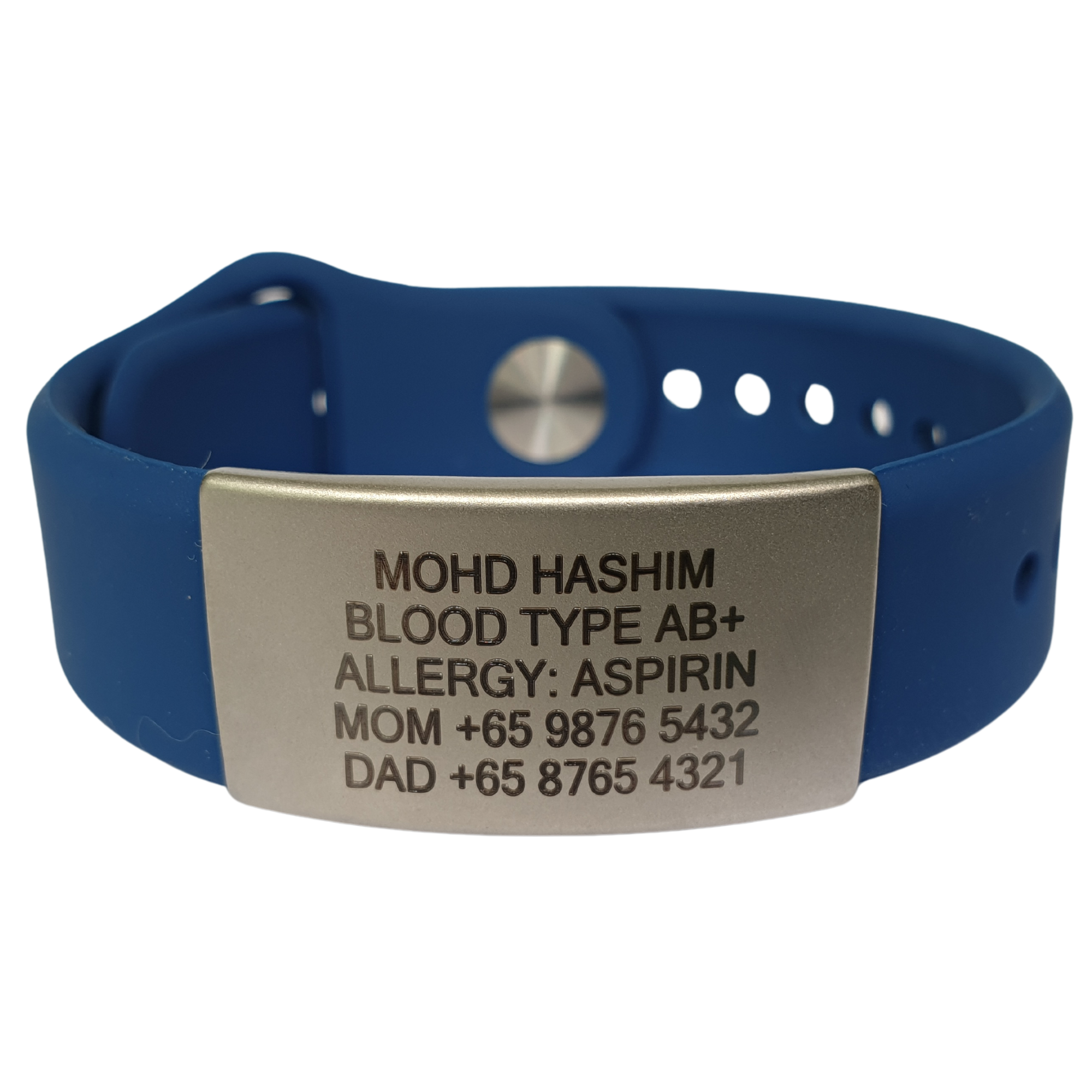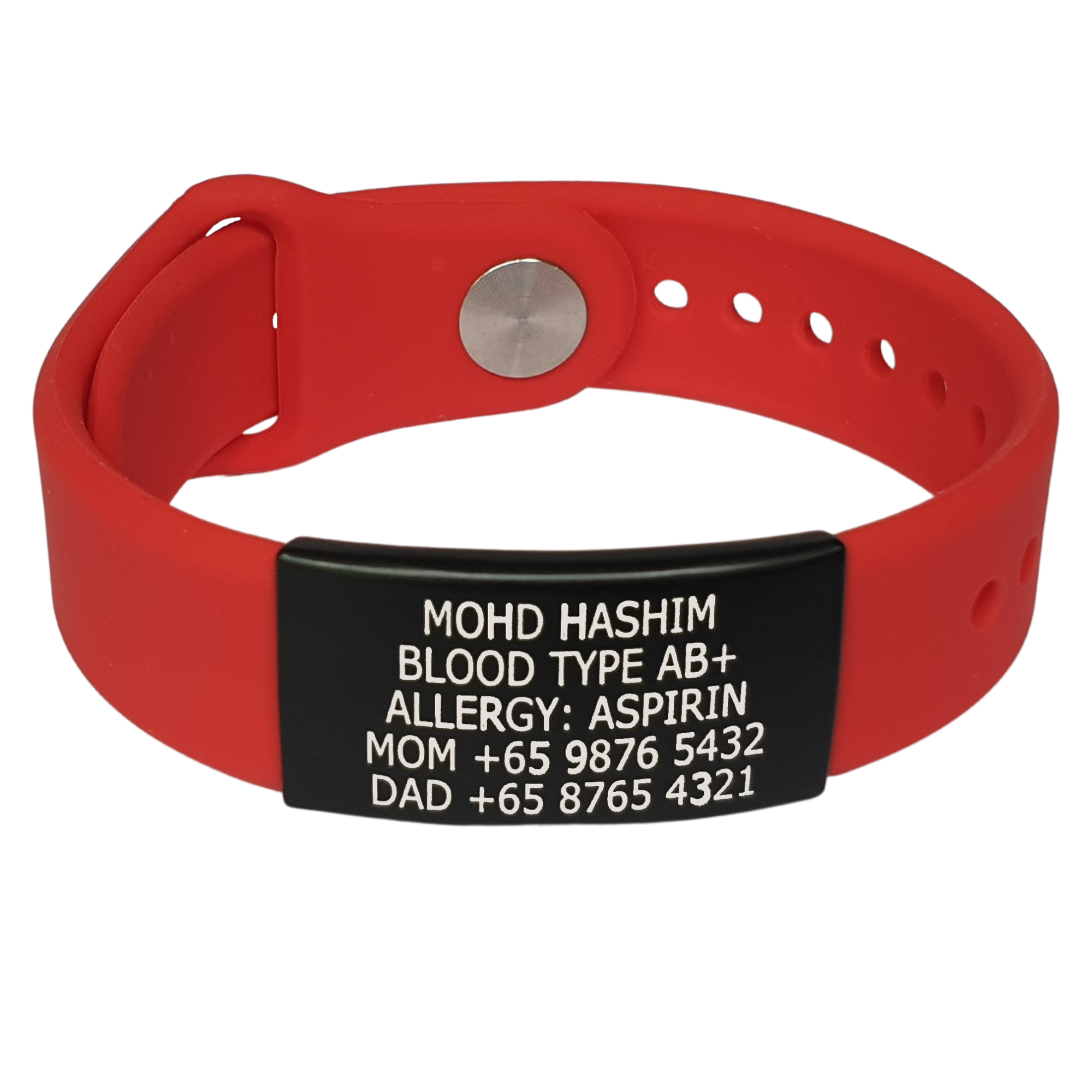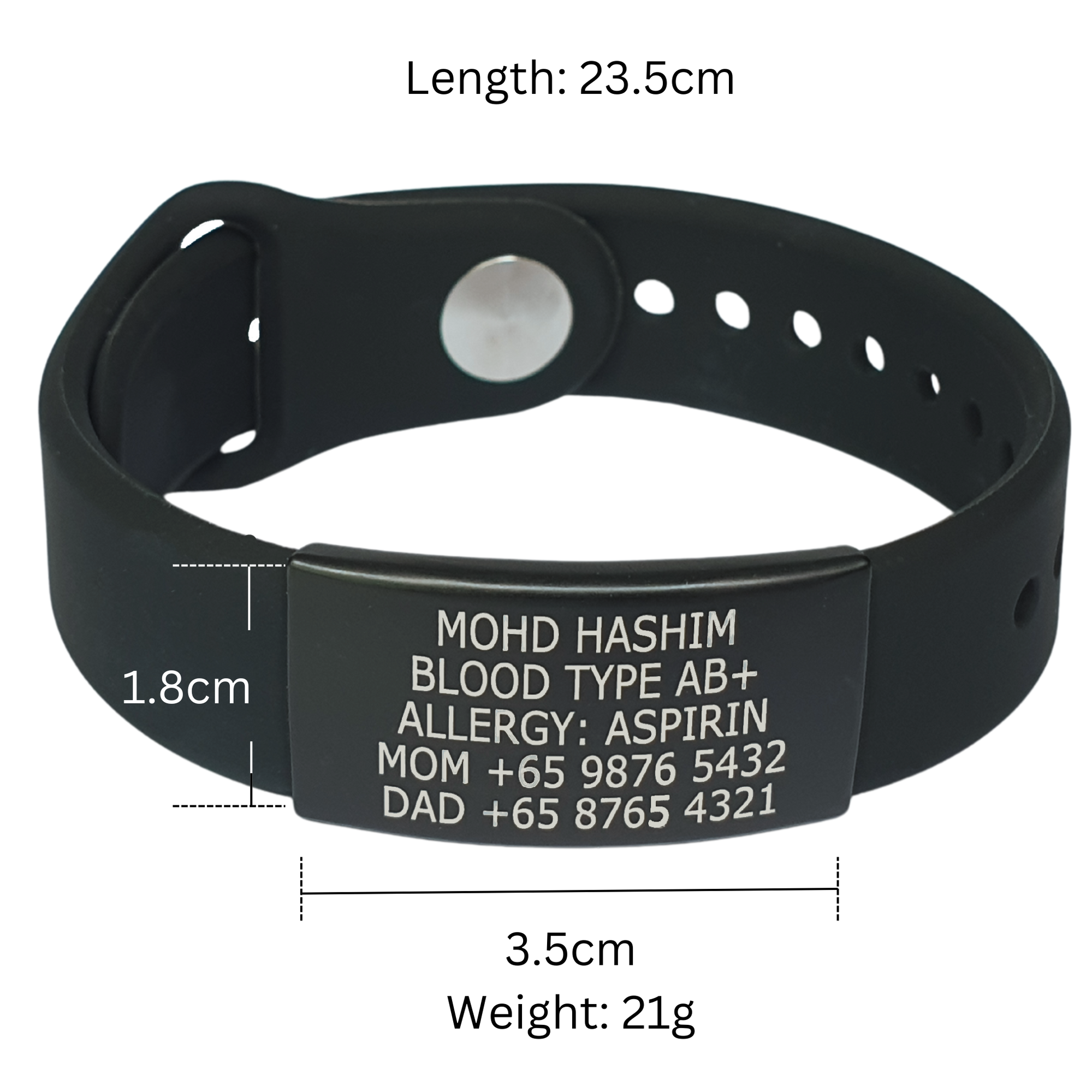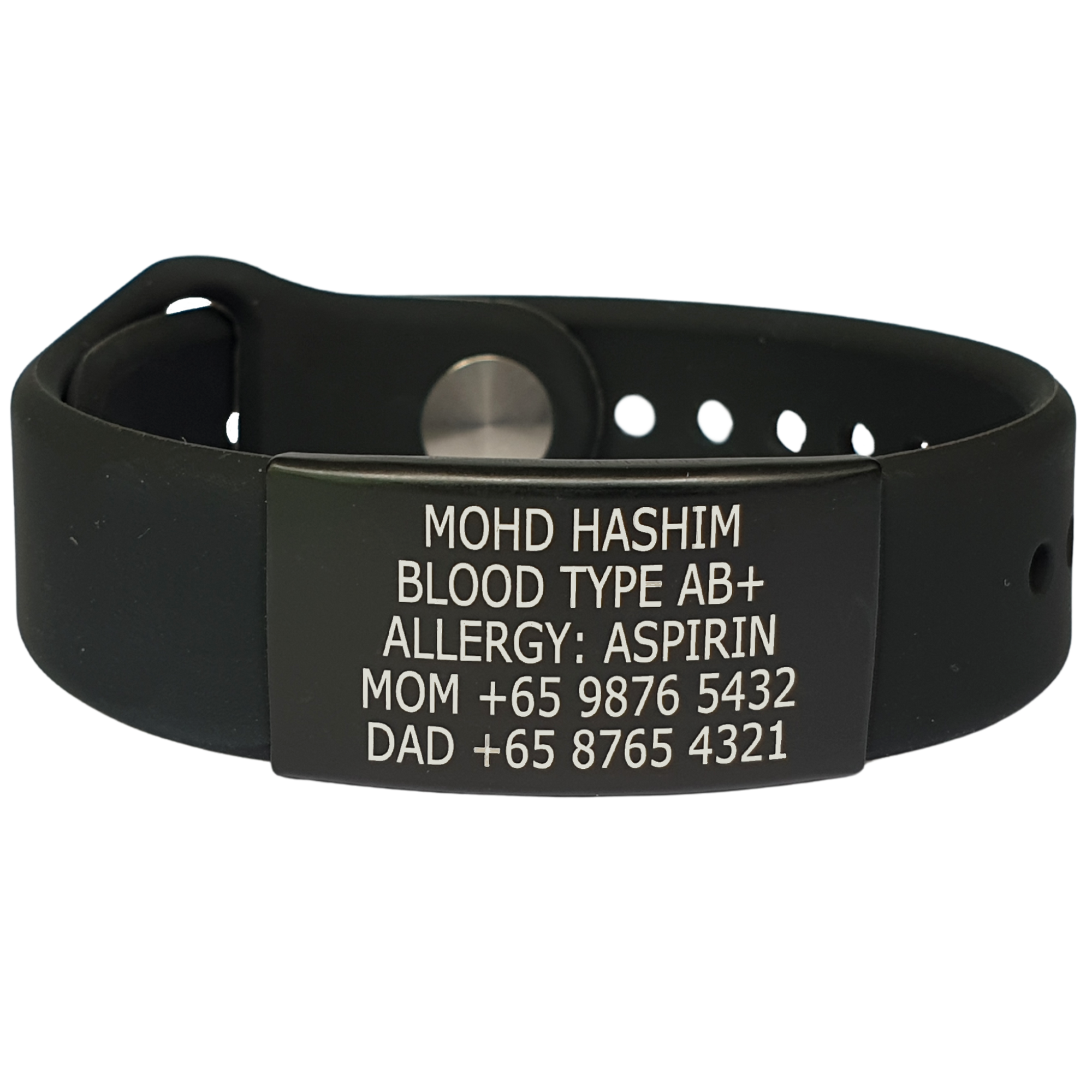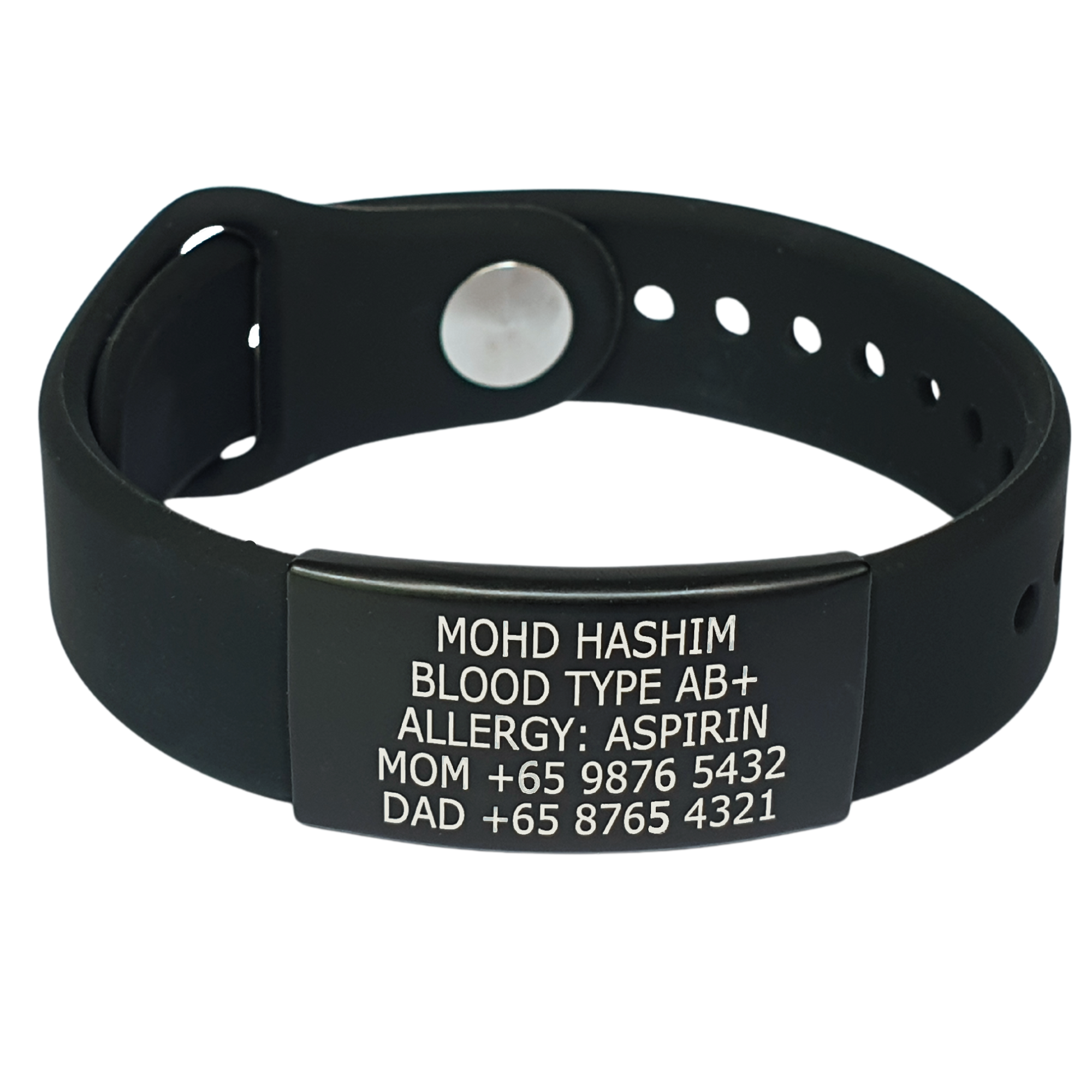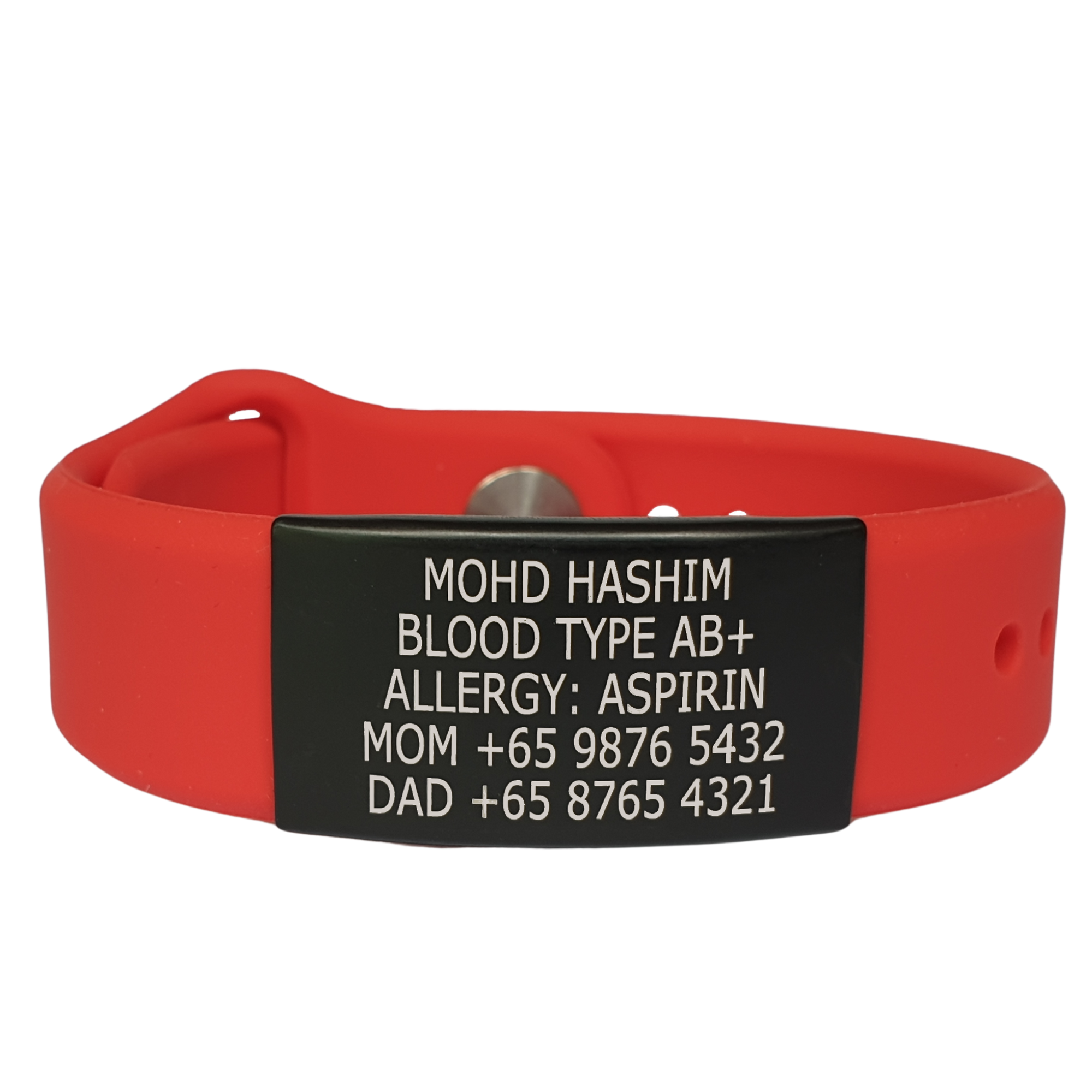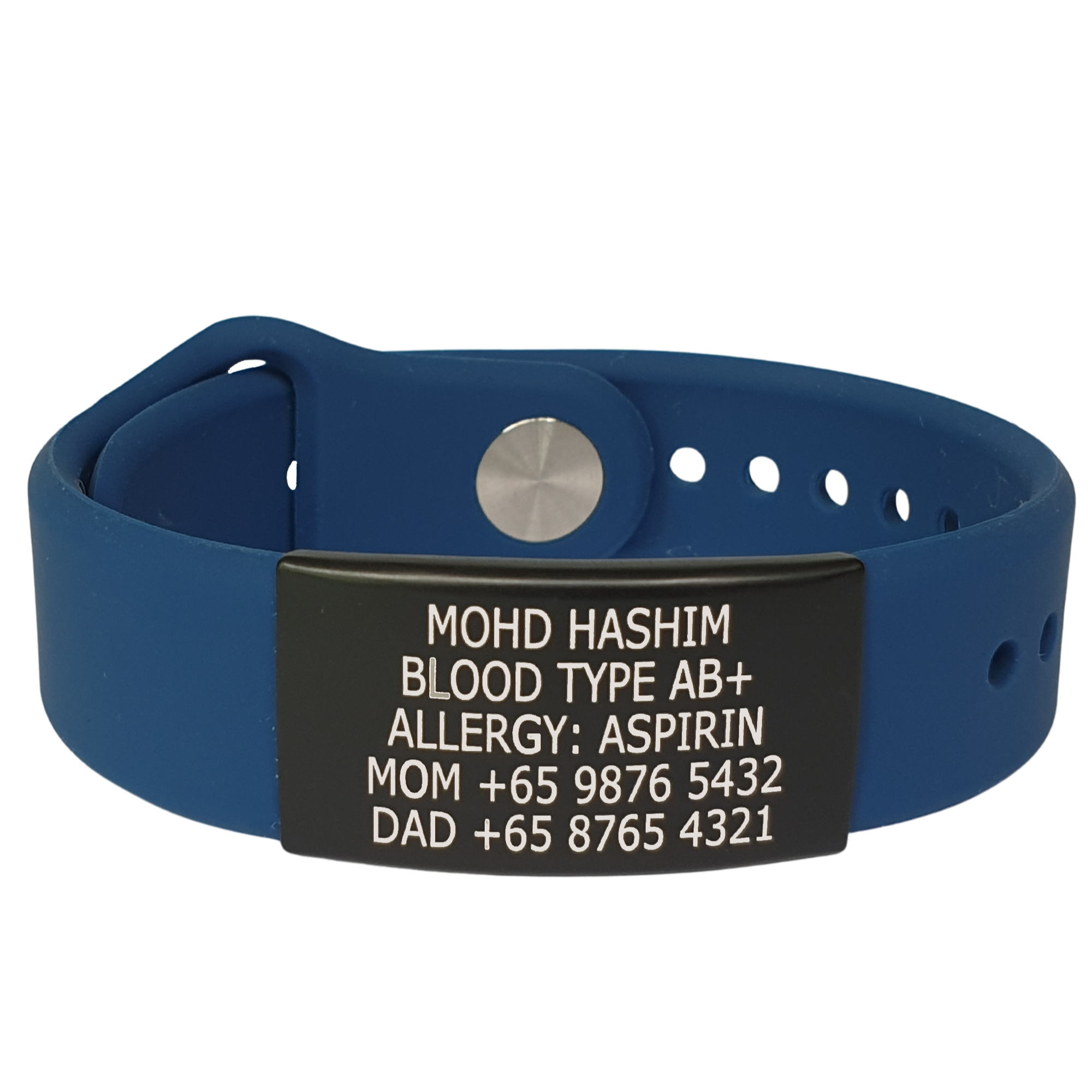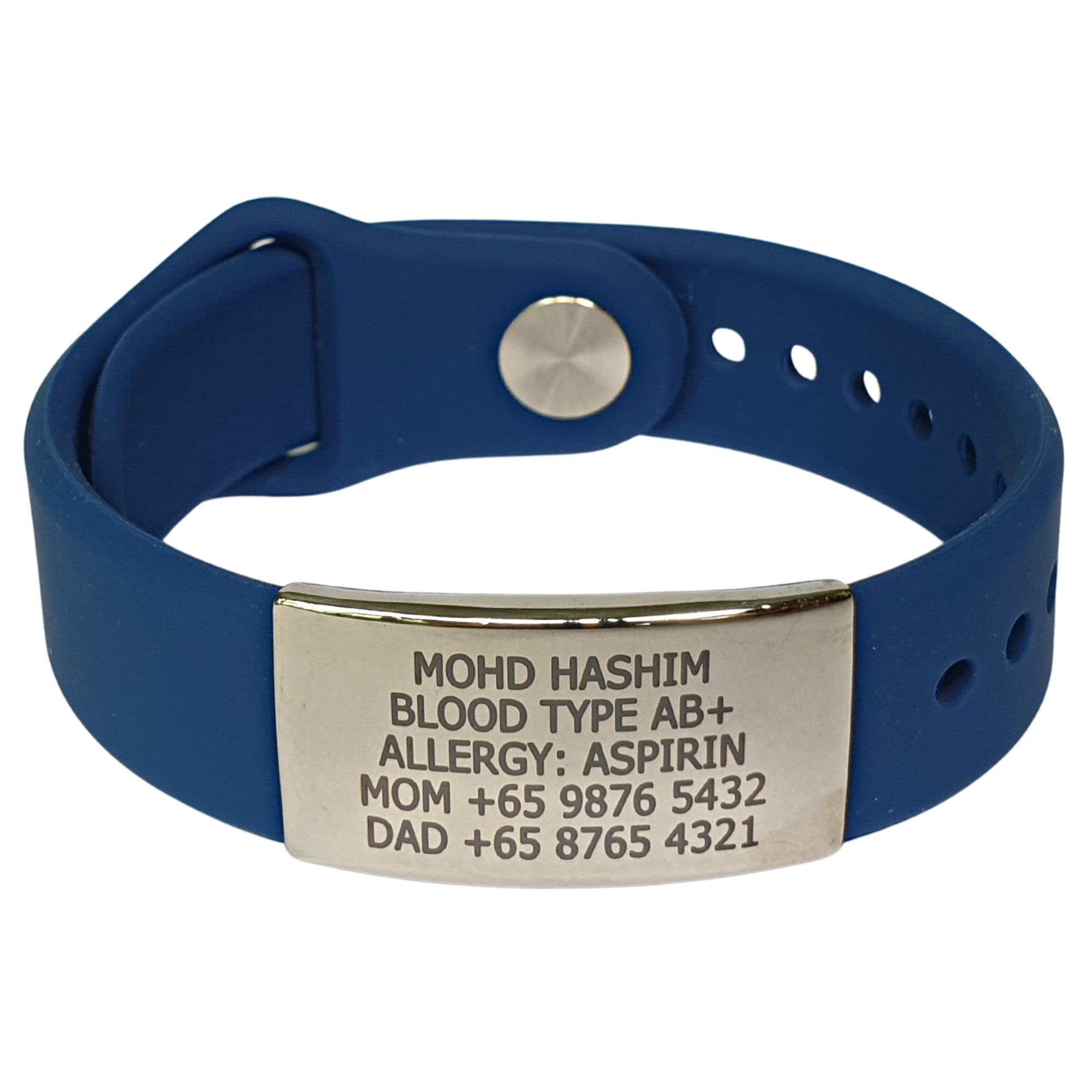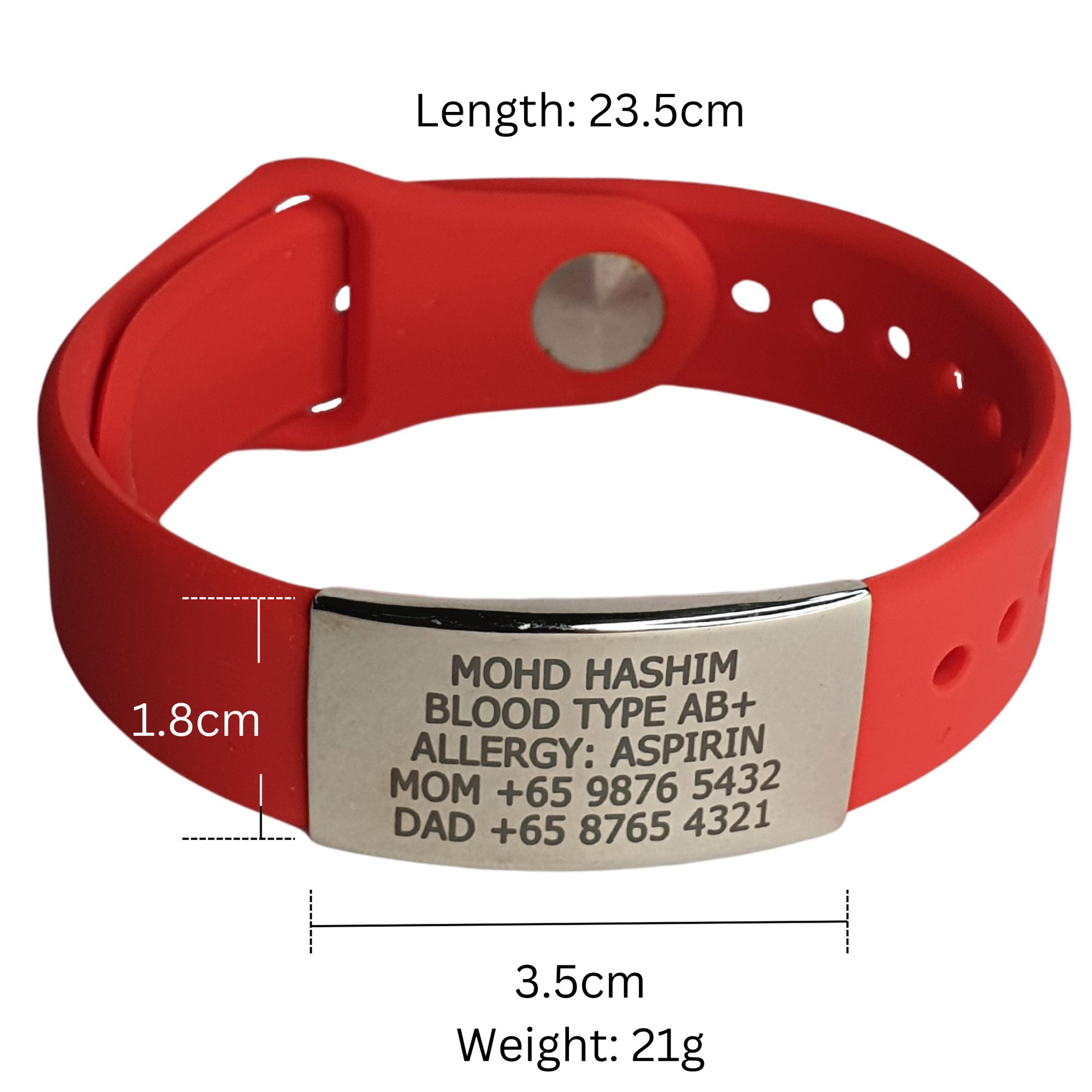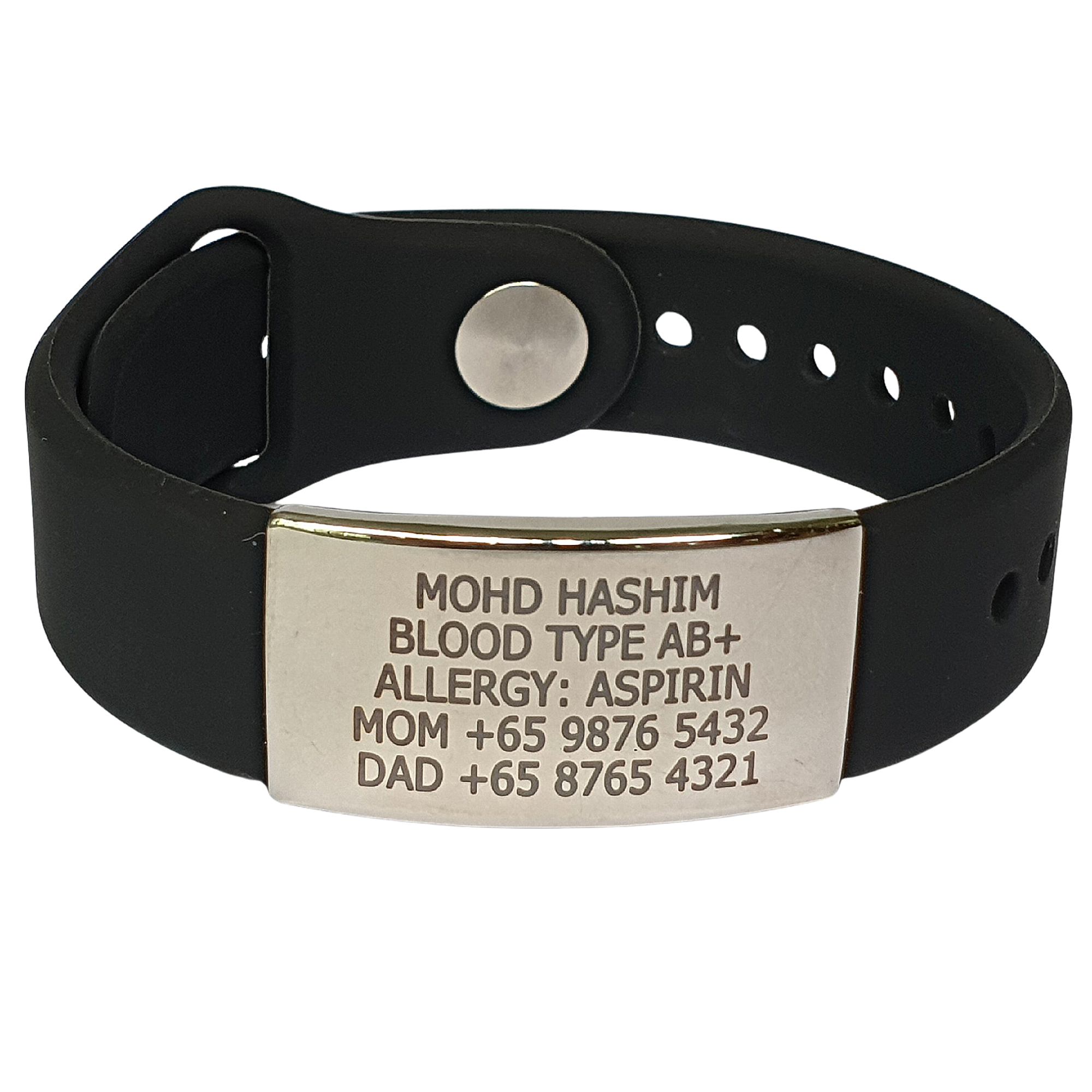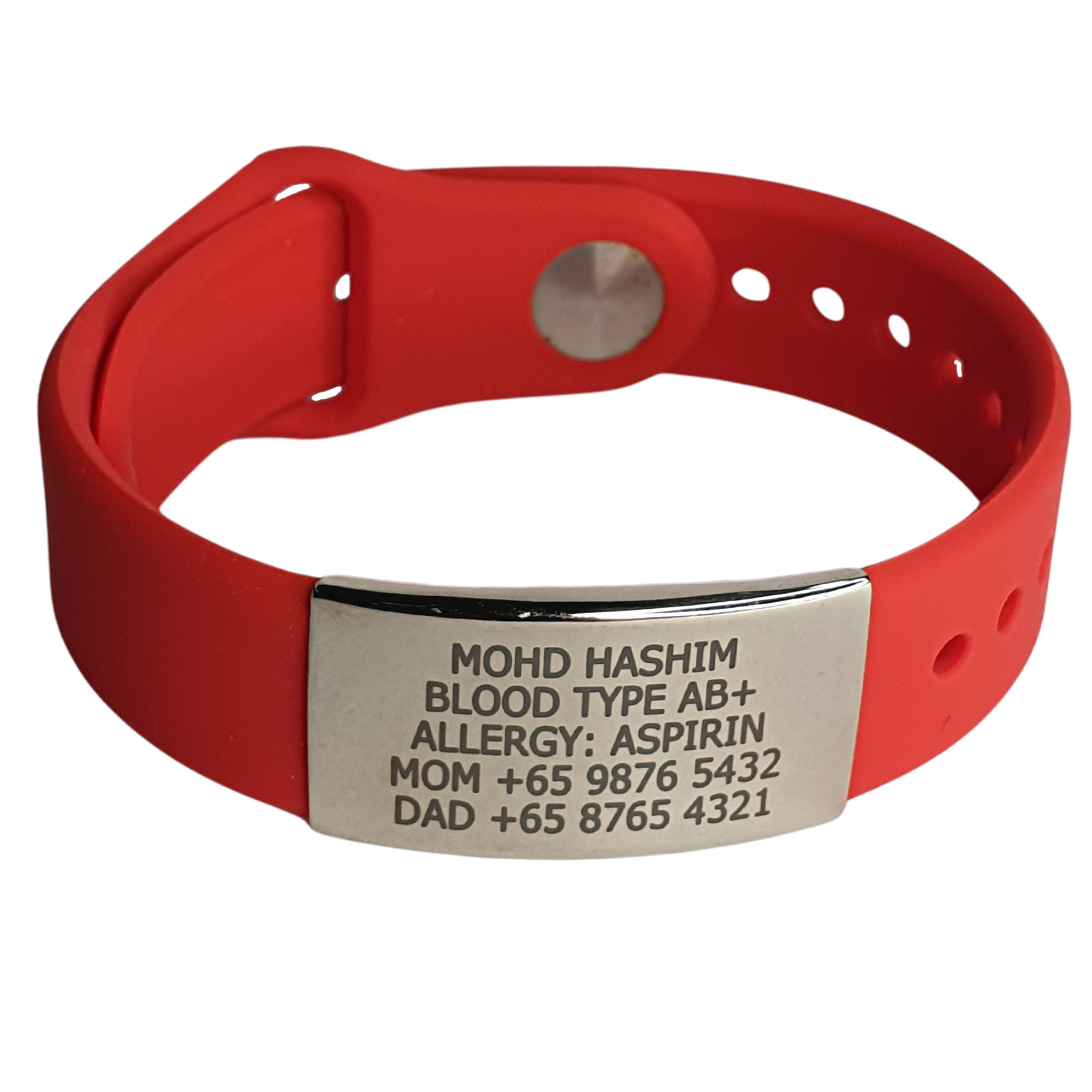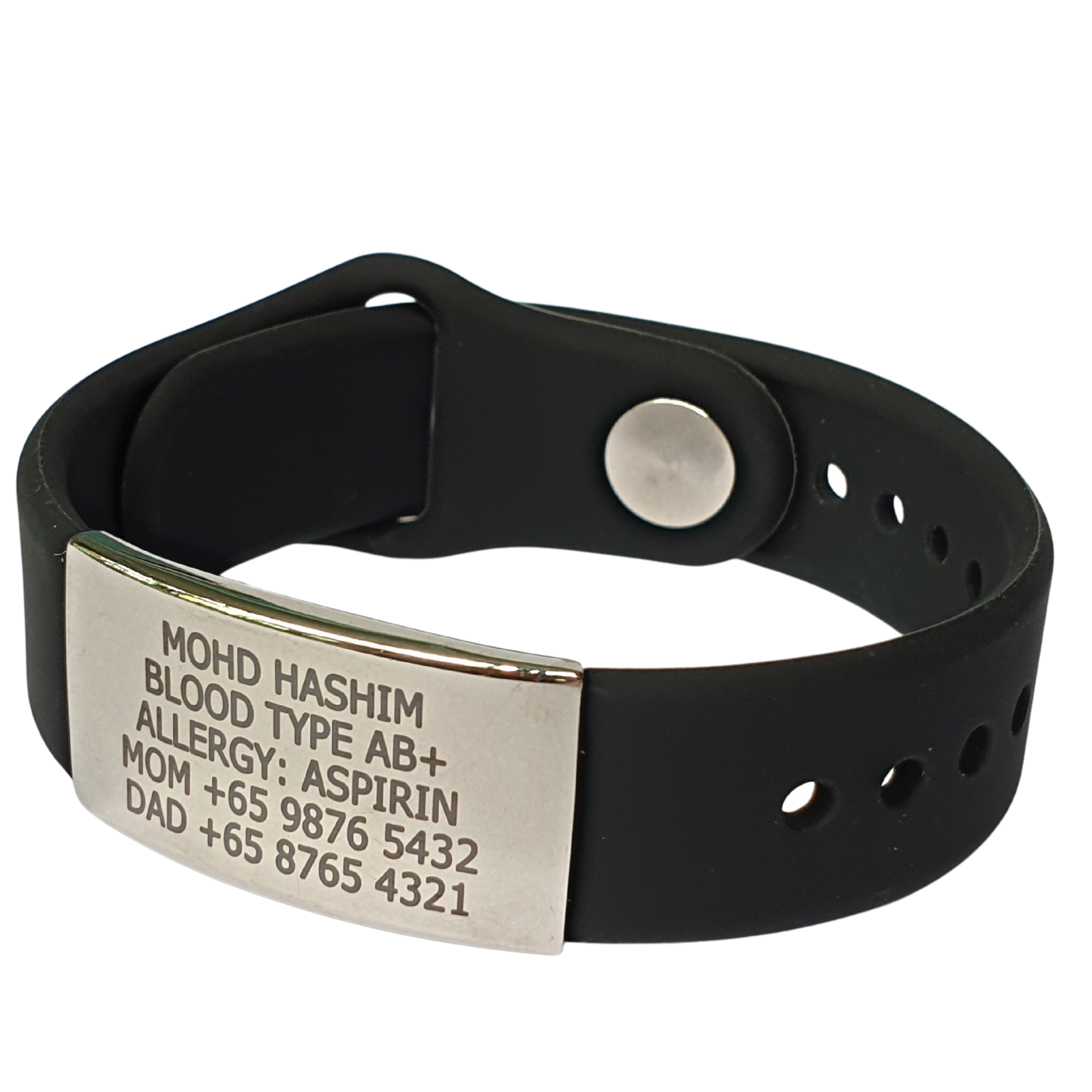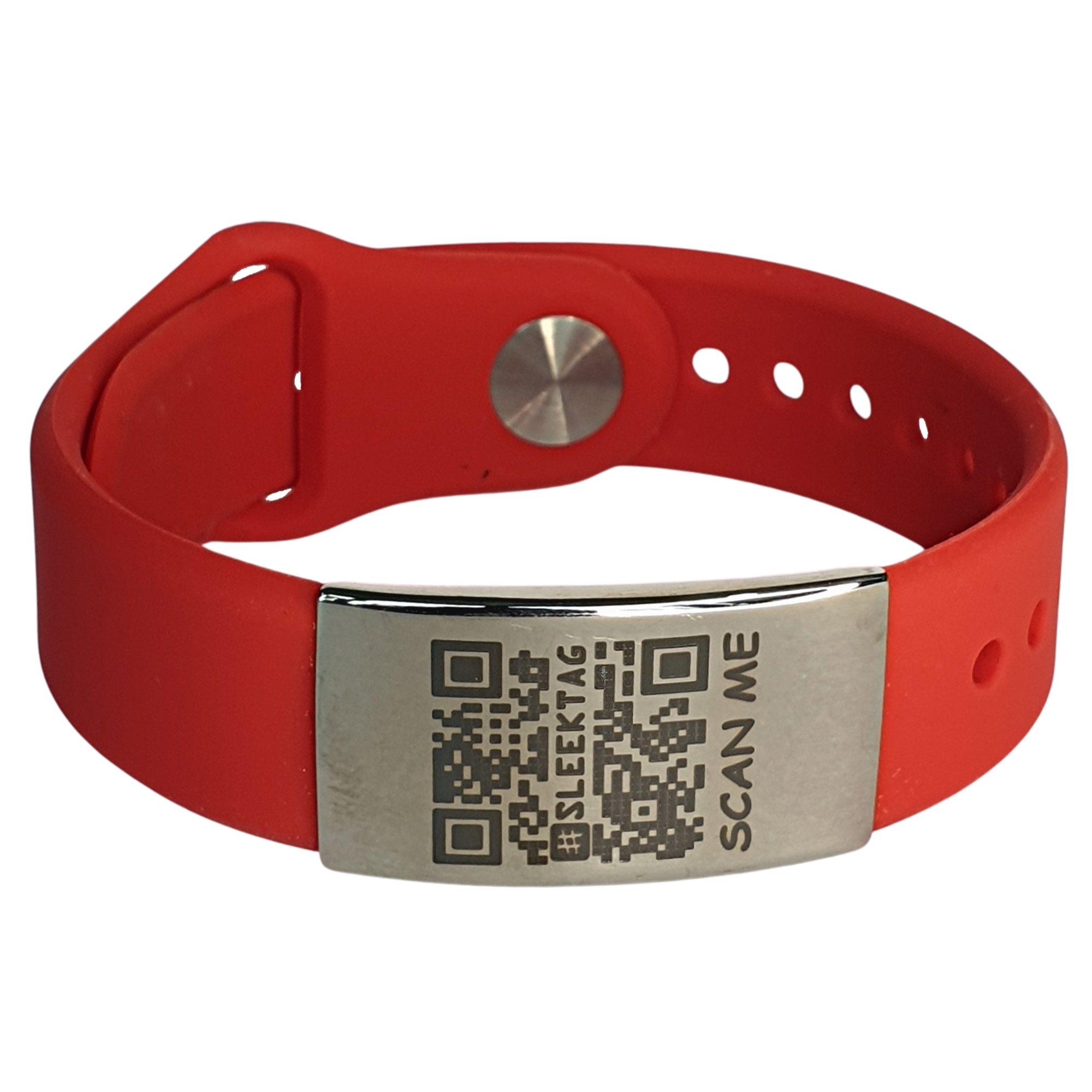Dementia affects millions of people worldwide, and one of the most distressing symptoms is wandering. When a loved one with dementia goes missing, it can be an overwhelming and frightening experience. Understanding why dementia patients wander and taking proactive steps to bring them home safely can make a significant difference in ensuring their well-being.
Why Do Dementia Patients Wander?
Dementia affects memory, judgment, and orientation, often leading individuals to become disoriented or confused about their surroundings. Here are some common reasons why they wander:
1. Searching for Familiarity
Many dementia patients wander in search of a familiar person, place, or routine. They may believe they are going home, to work, or meeting a loved one—even when they are already in a safe environment.
2. Memory Loss & Confusion
Cognitive decline makes it difficult to recognize familiar places. Even in their own home, they may feel lost or think they need to leave.
3. Restlessness & Anxiety
Some dementia patients experience agitation, stress, or boredom, causing them to pace or wander aimlessly. This behavior may worsen in unfamiliar or noisy environments.
4. Physical Discomfort
Pain, hunger, thirst, or the need to use the restroom can trigger wandering as they search for relief but forget where to go.
5. Following Old Routines
Some seniors instinctively try to follow past habits, such as leaving for work or picking up their children—even though those responsibilities are long gone.
6. Reactions to Triggers
Loud noises, crowded spaces, or sudden changes in their surroundings may overwhelm them, leading to unplanned wandering.
How to Bring a Lost Dementia Patient Home Safely
Despite our best efforts, wandering can still happen. Here’s what to do if your loved one goes missing:
1. Search Immediate Areas First
Most dementia patients are found within a mile of where they were last seen. Check common areas like nearby streets, parks, stores, or previous homes.
2. Stay Calm & Alert Others
If they don’t return quickly, call neighbors, friends, and local businesses to ask if they’ve seen them. Inform security personnel if applicable.
3. Contact Law Enforcement Immediately
Don’t wait too long to call the police. Provide them with:
- A recent photo
- A description of what they were wearing
- Their name, age, and medical conditions
- Any known places they might go
4. Use Tracking Technology & ID Tags/ bracelet
A medical ID bracelet with their name, emergency contact, and medical condition can help strangers and first responders assist them quickly. GPS-enabled devices can also track their location in real time.
5. Check Public Transport & Safe Spaces
Some dementia patients board buses, taxis, or trains out of habit. Hospitals, police stations, and churches are common places where they might seek help.
6. Prevent Future Wandering
- Install door alarms or safety locks at home.
- Establish a daily routine to minimize restlessness.
- Ensure they always carry ID tags/ bracelet for identification.
Conclusion
Wandering is a serious risk for dementia patients, but with preventative measures and quick action, they can be found and brought home safely. Medical ID bracelets, tracking technology, and community awareness are key to protecting them. By staying prepared, caregivers and loved ones can provide a safer environment for those affected by dementia.


